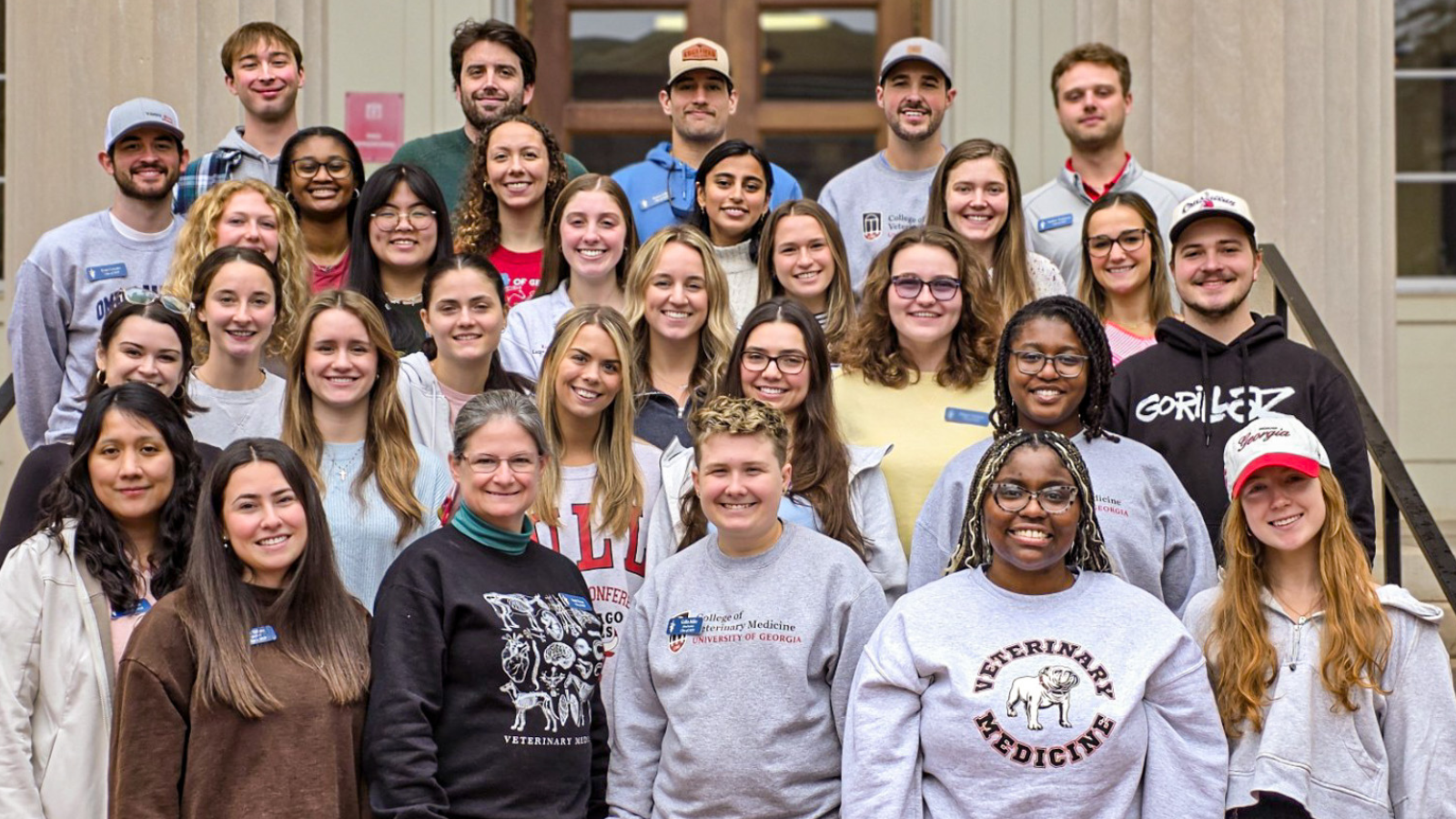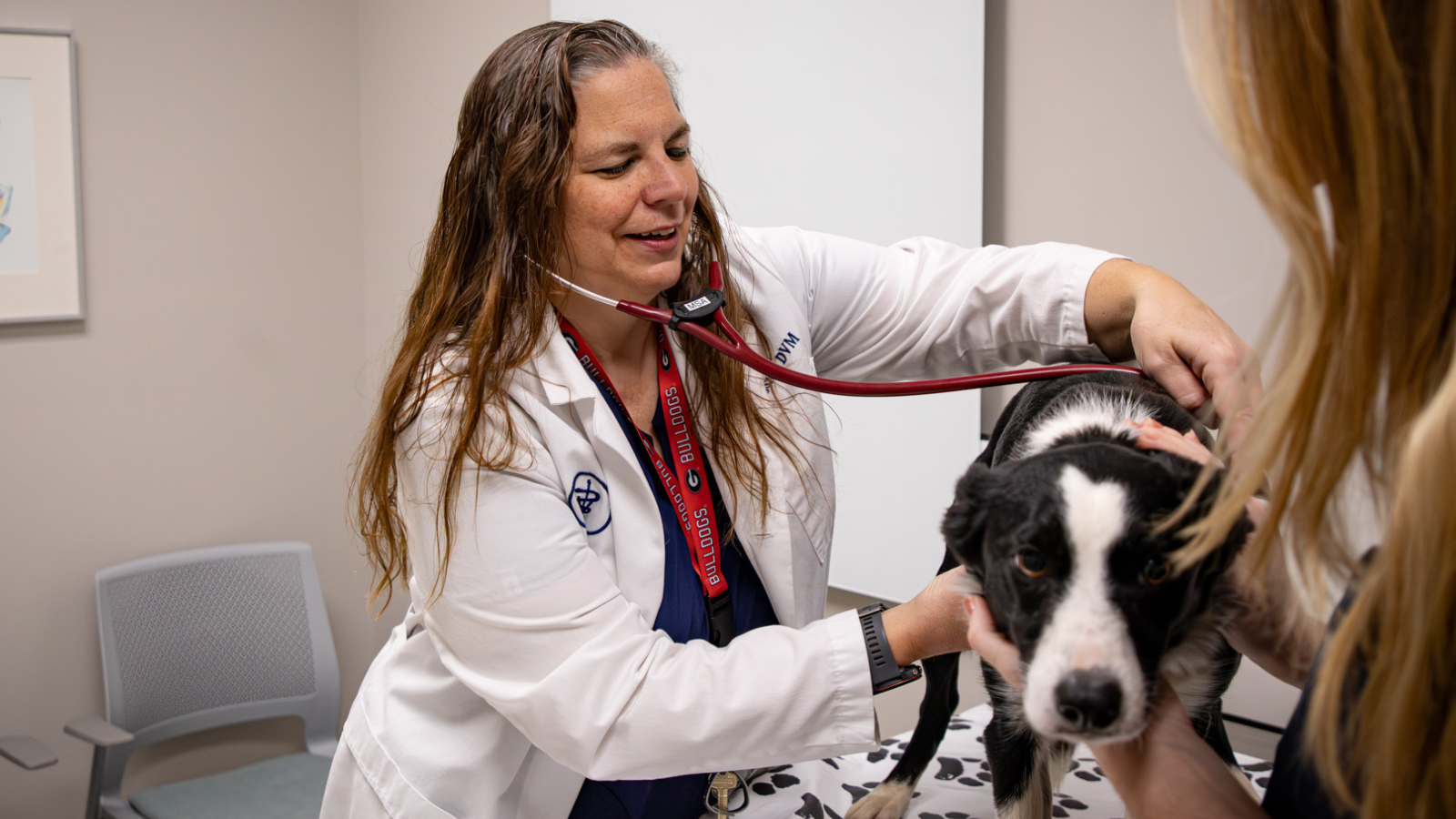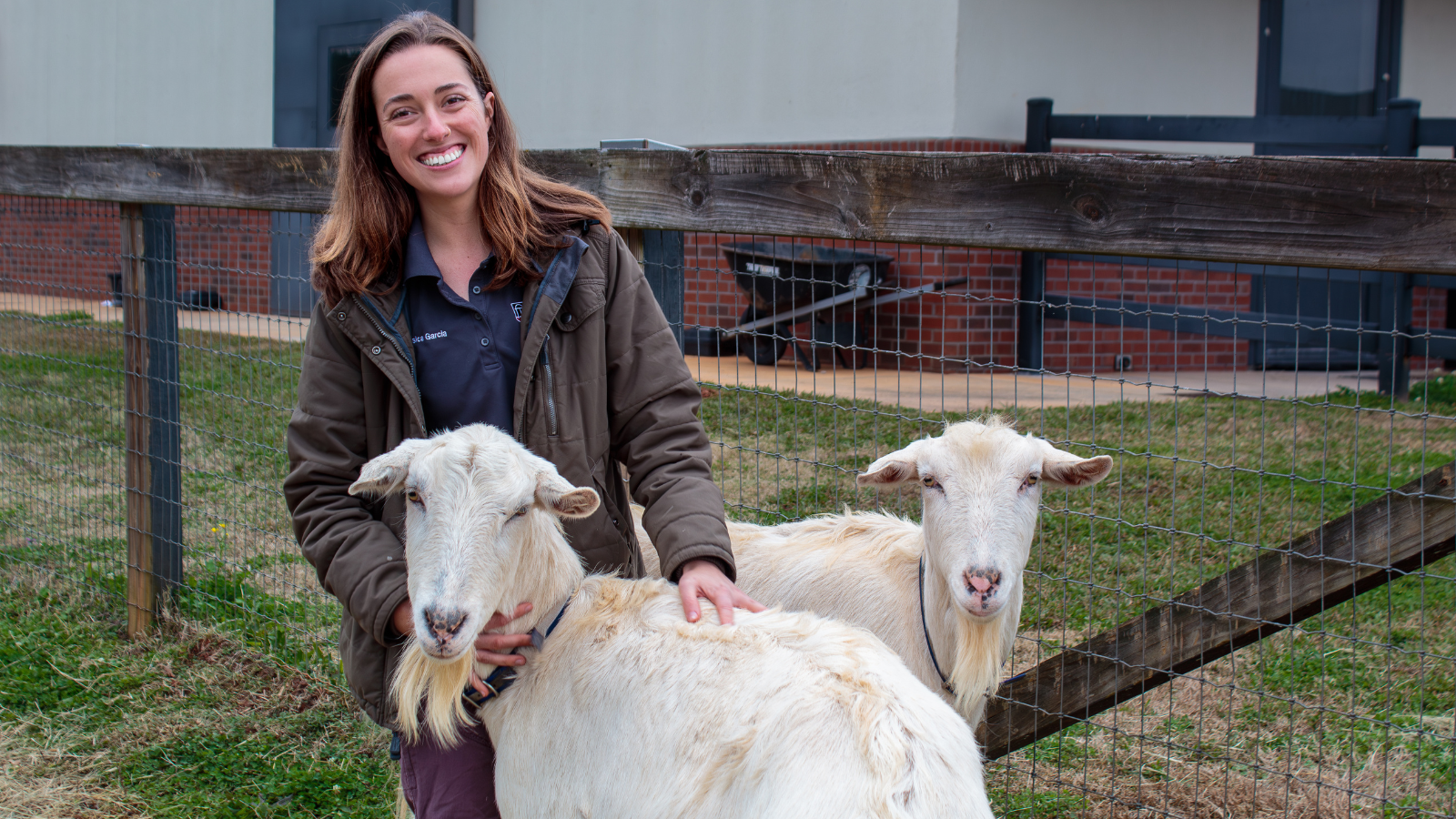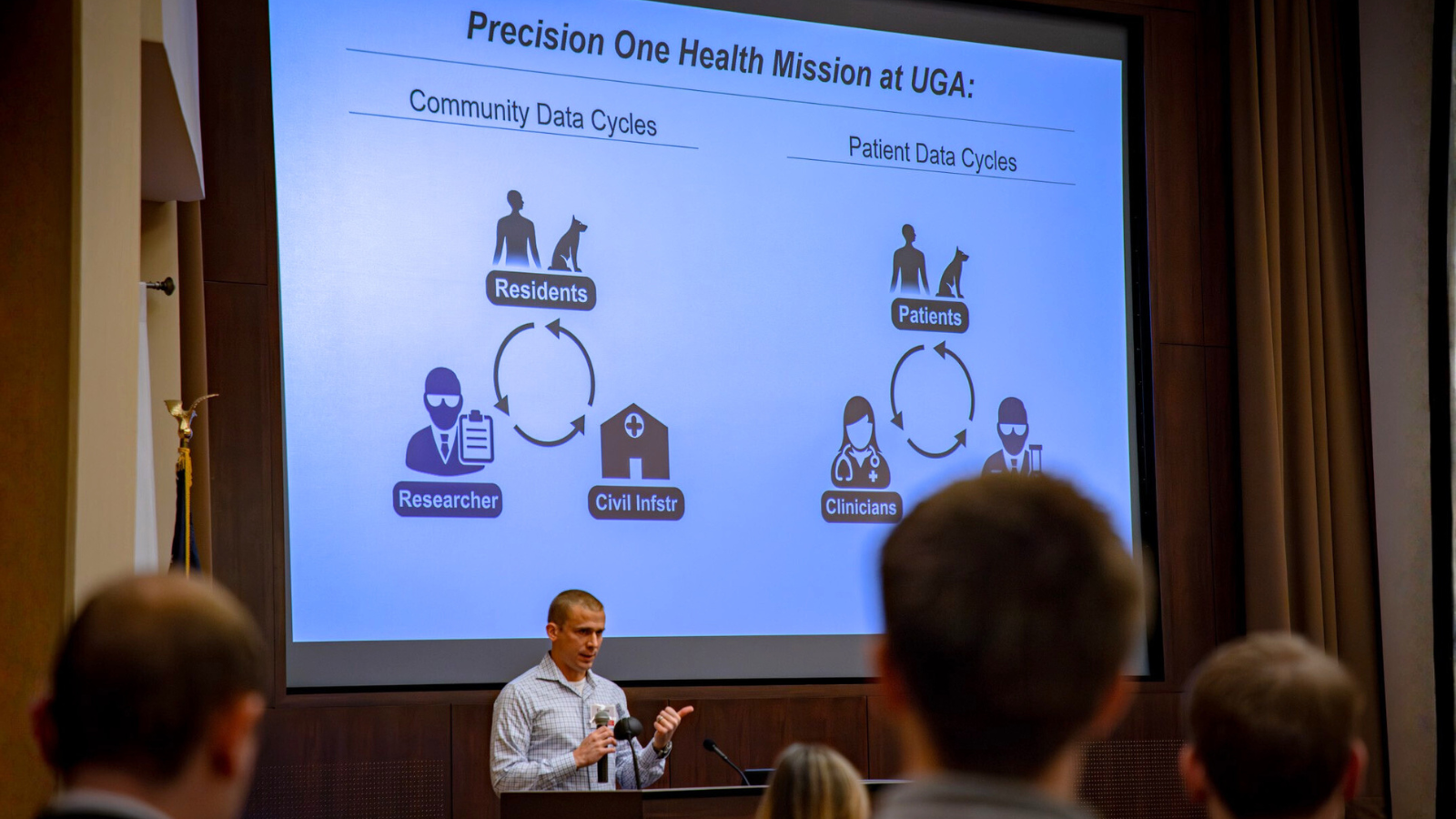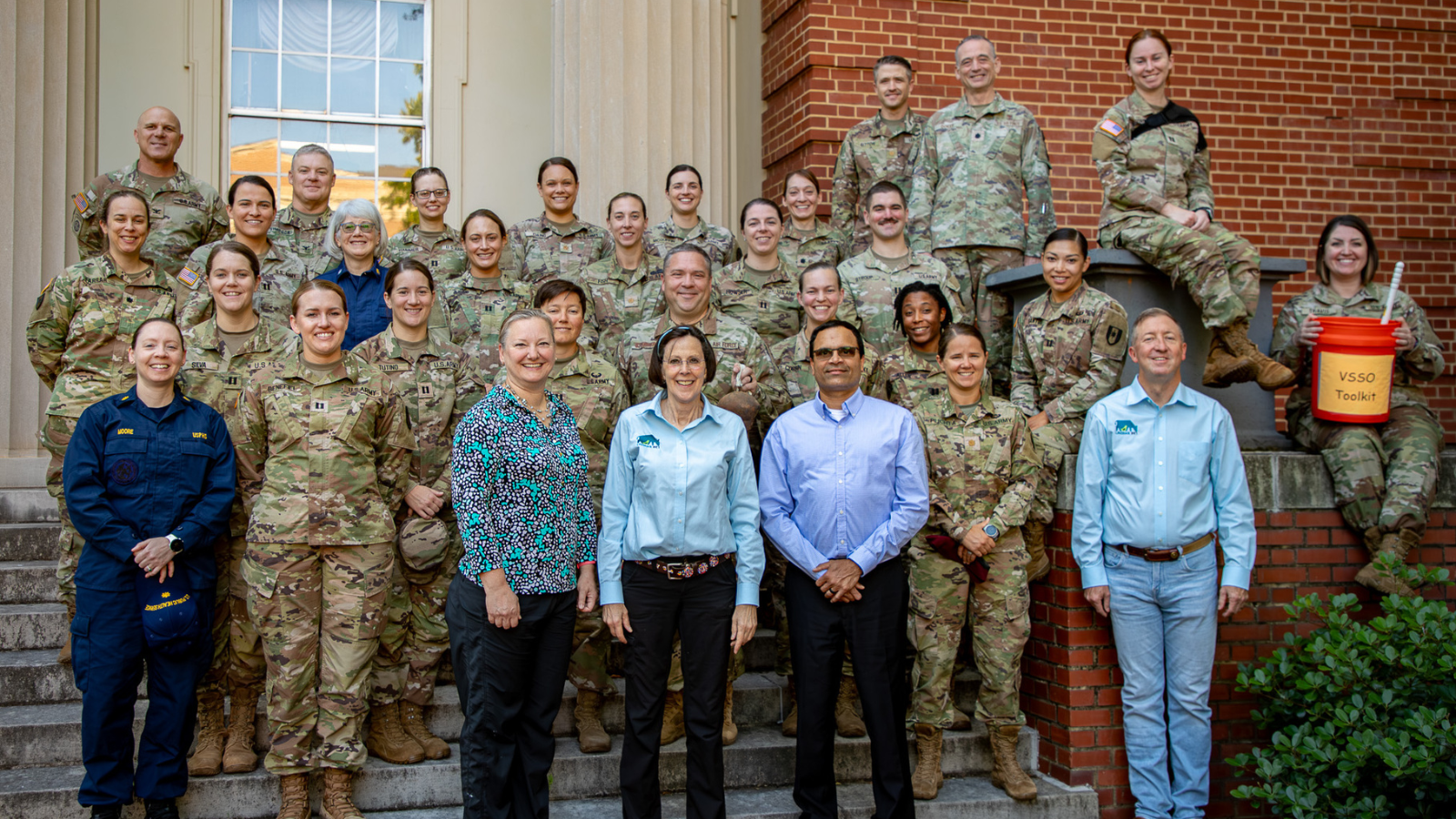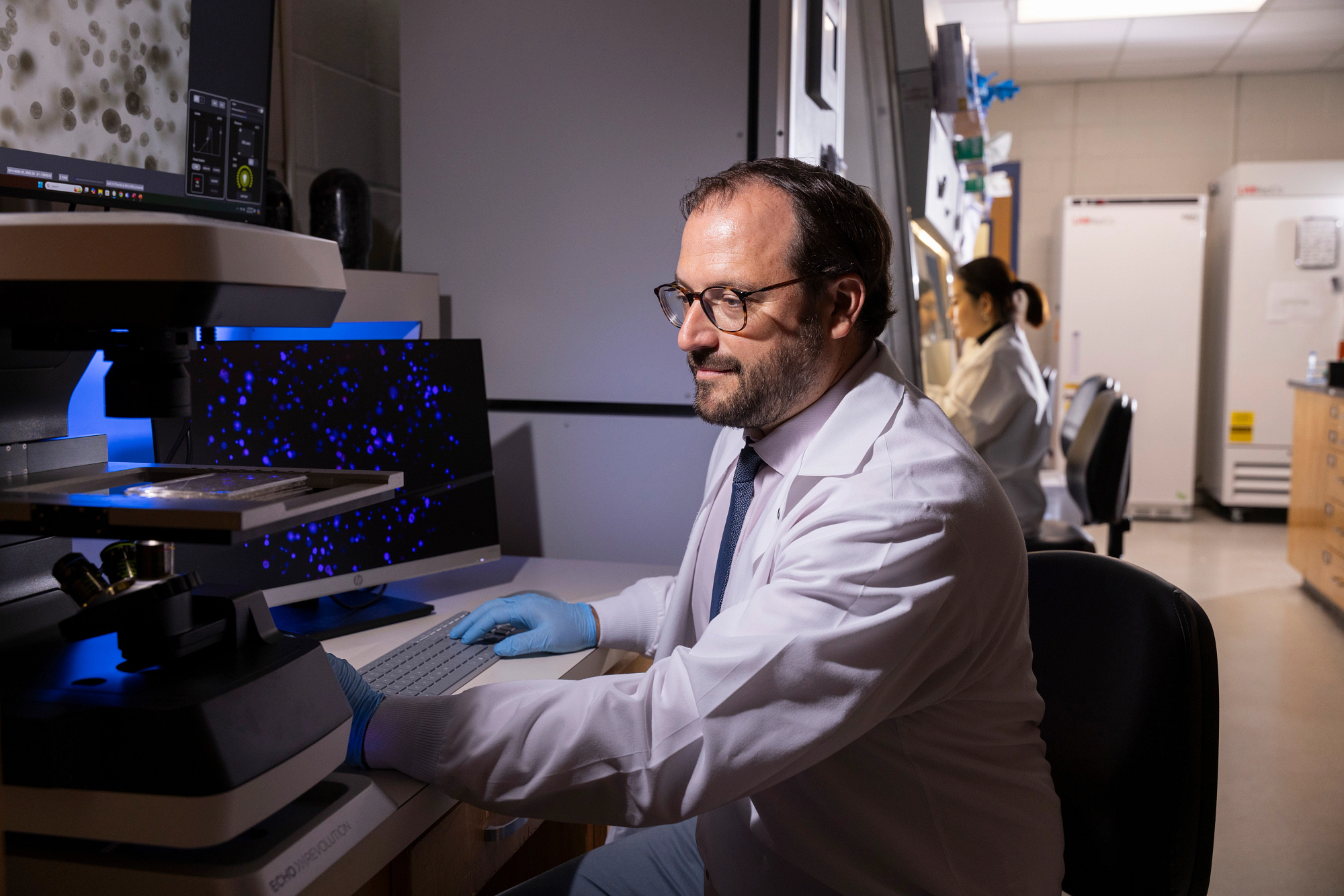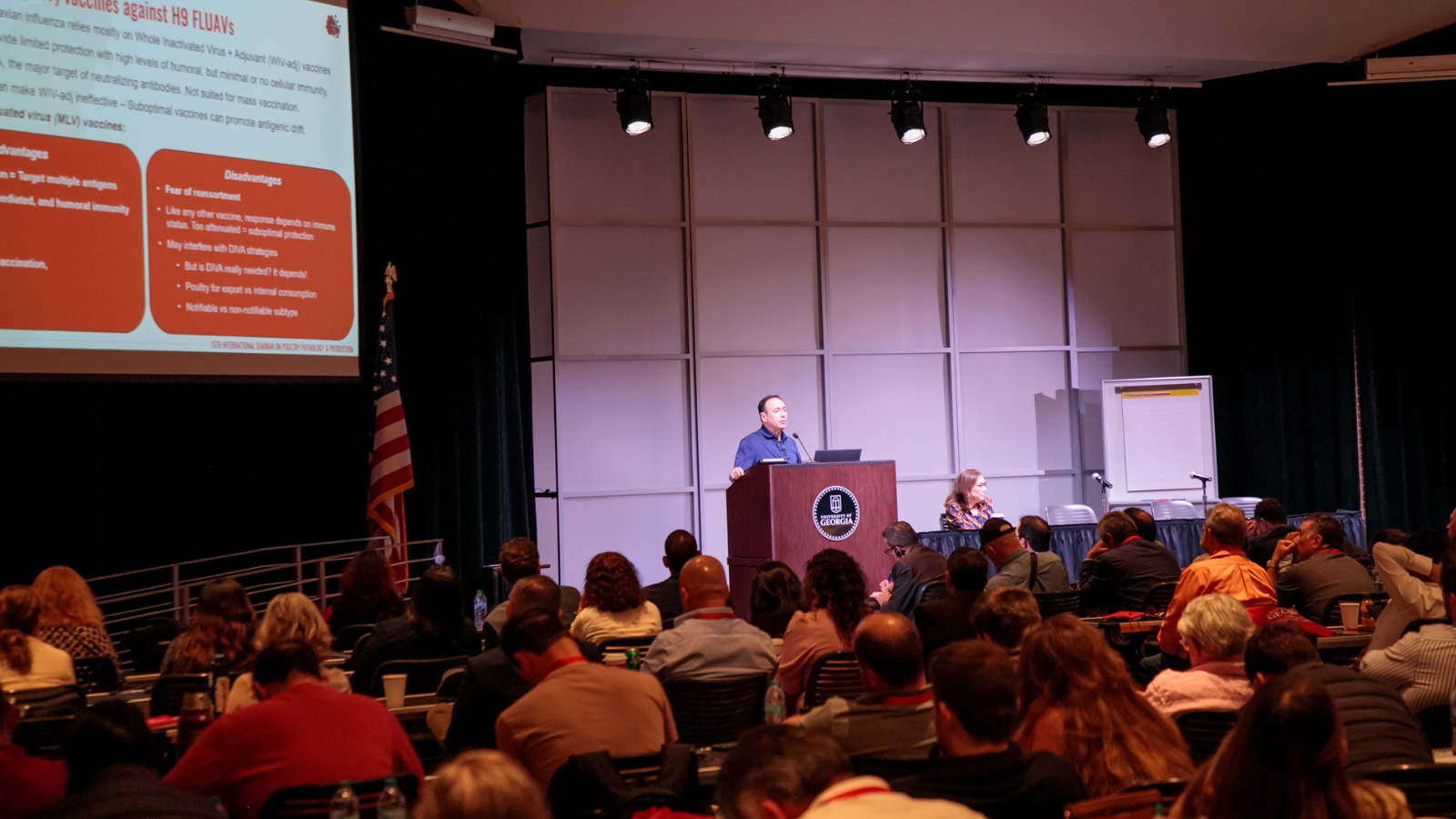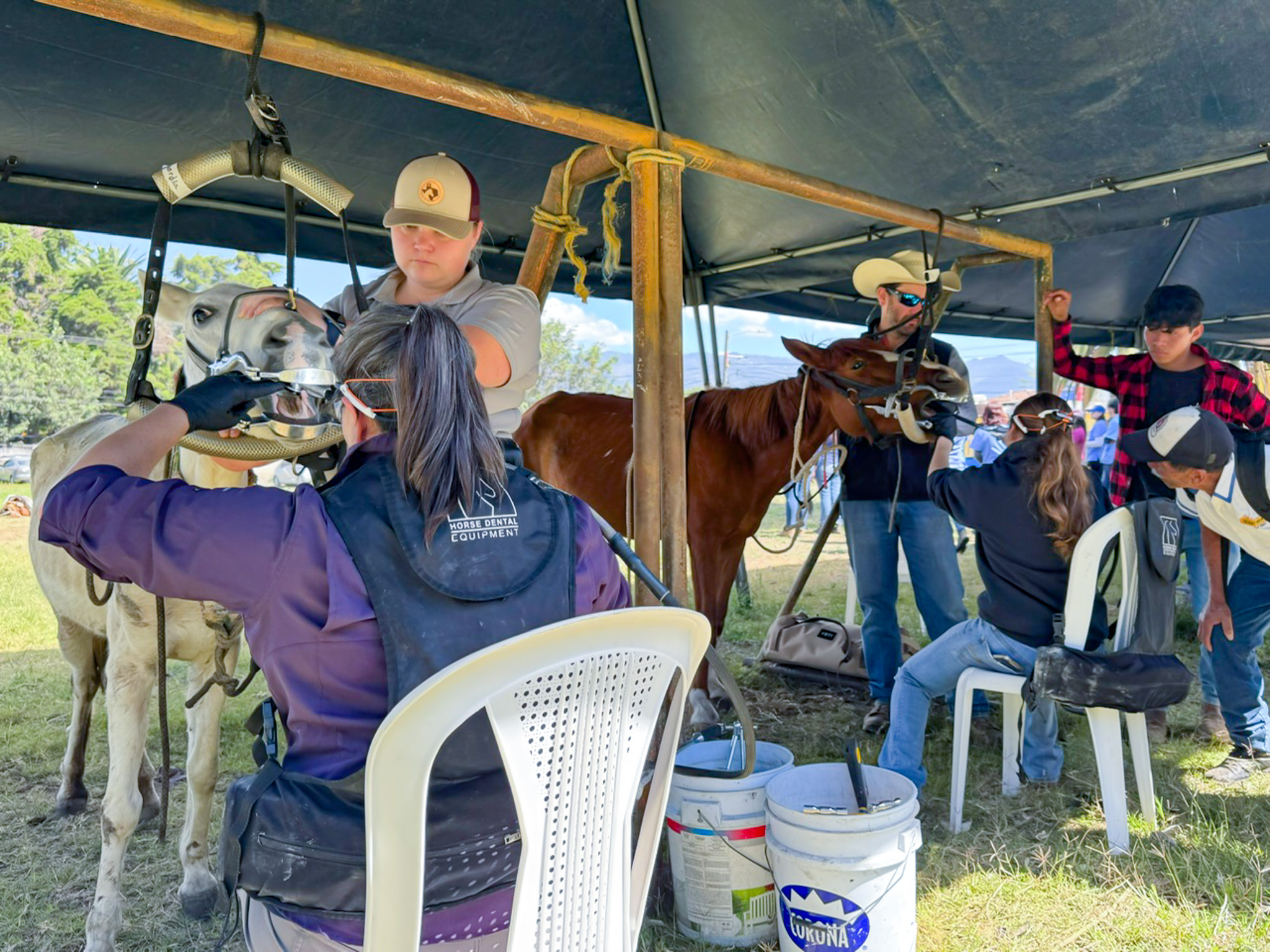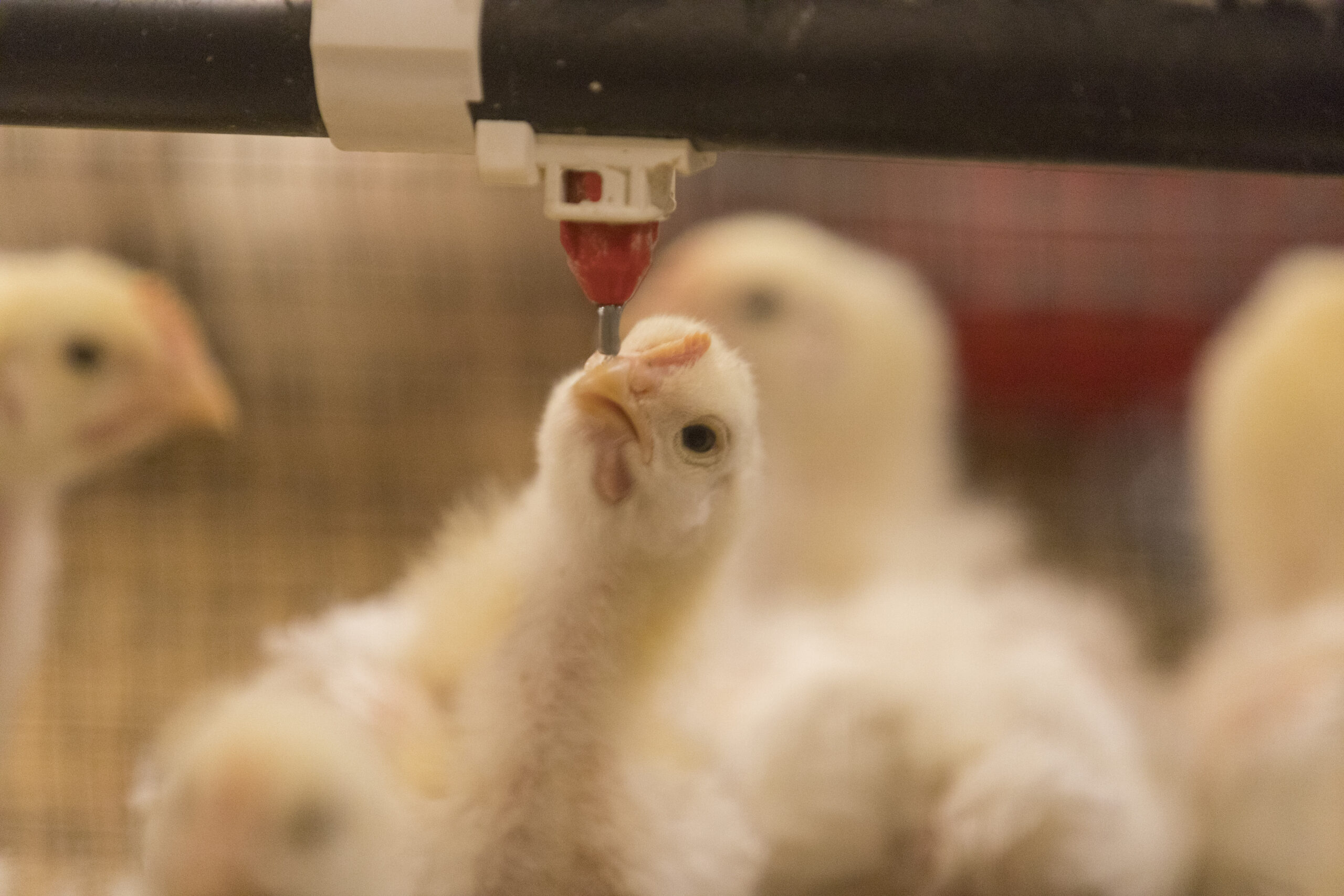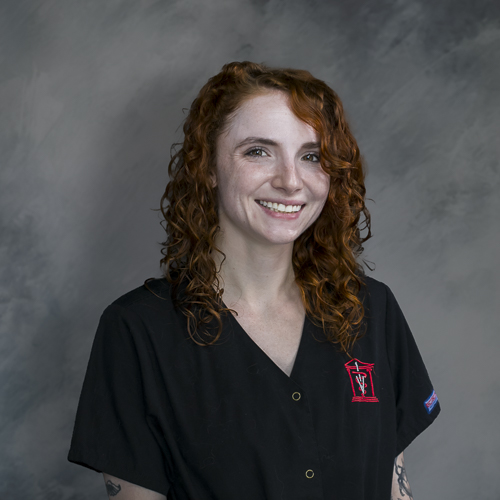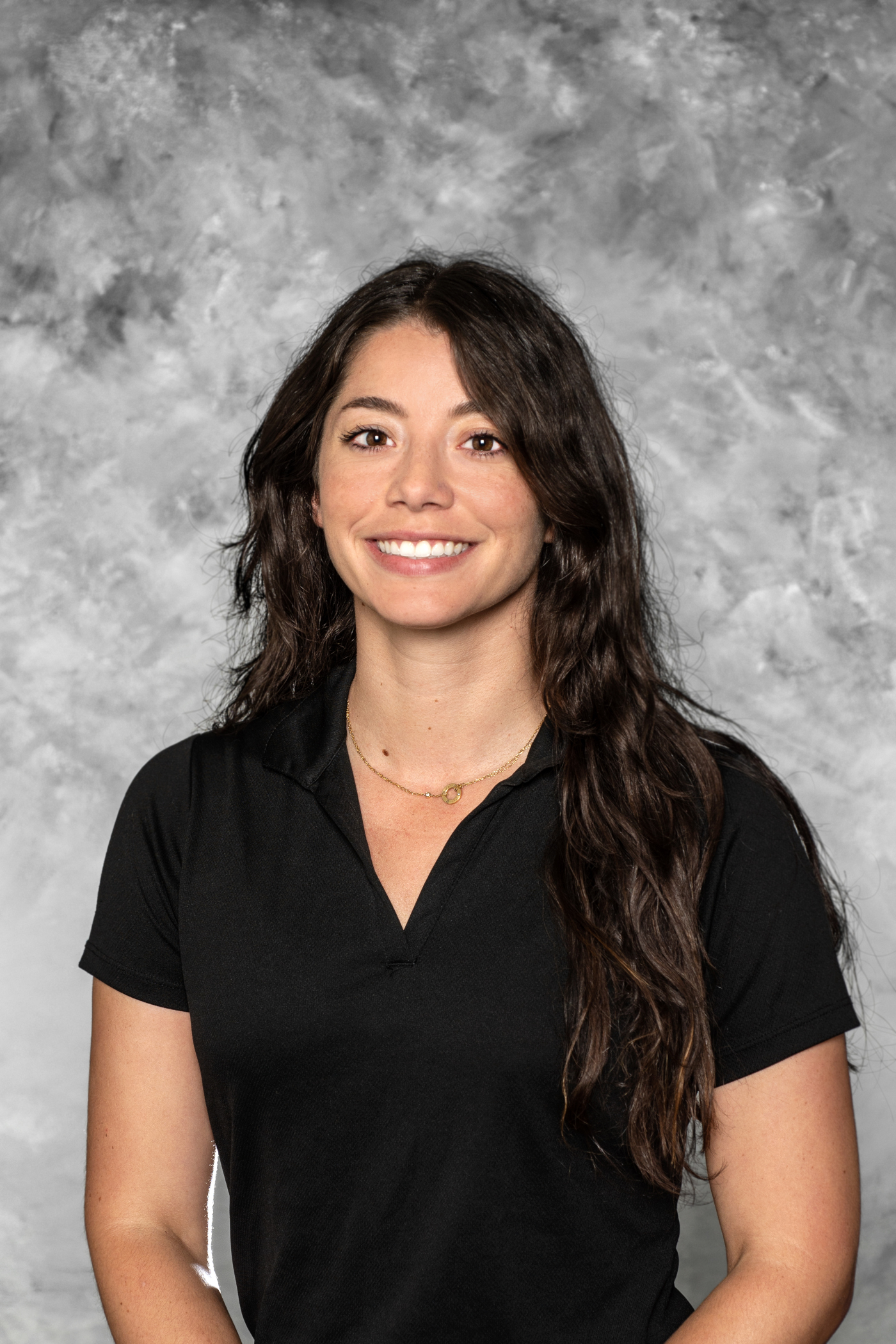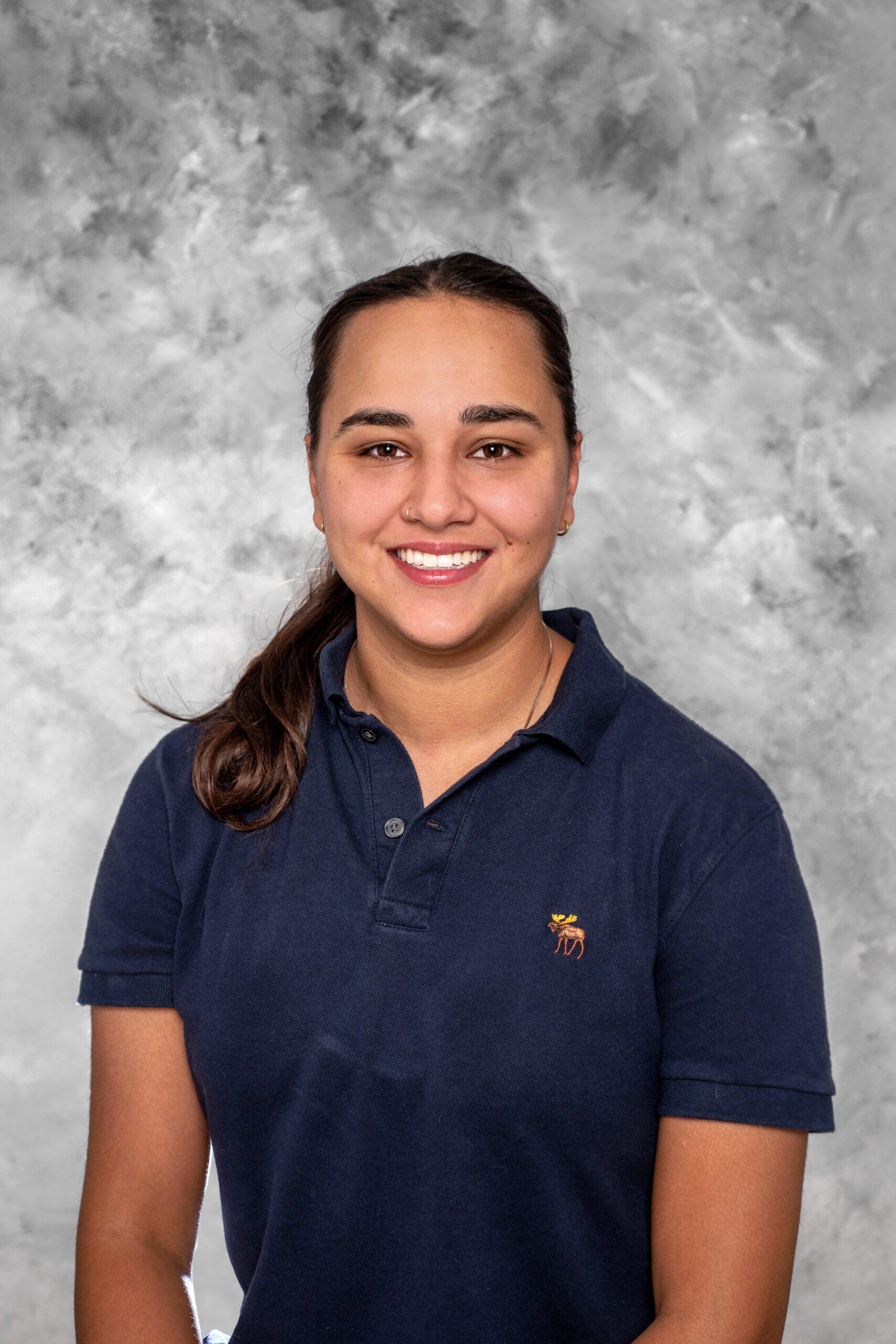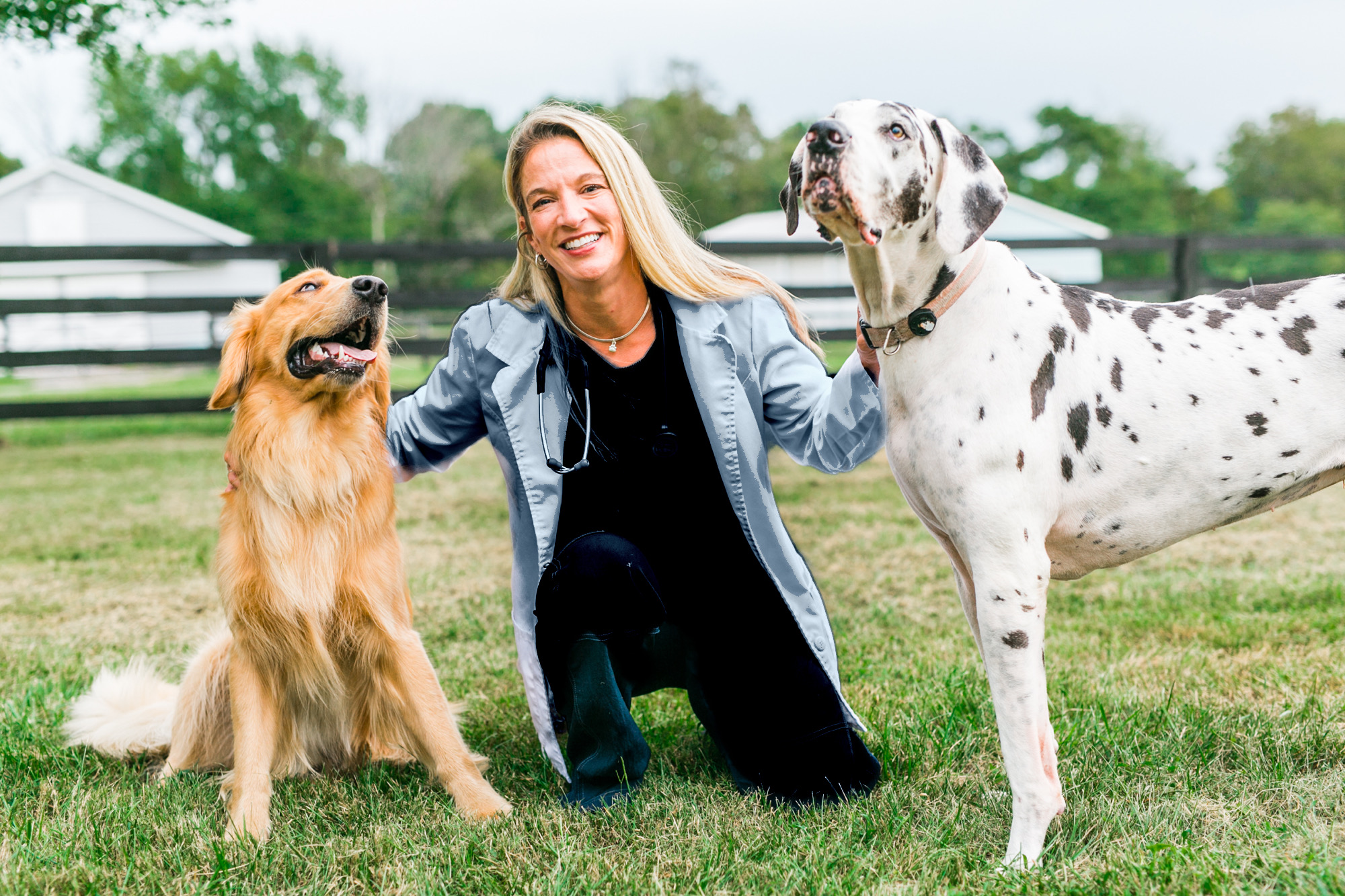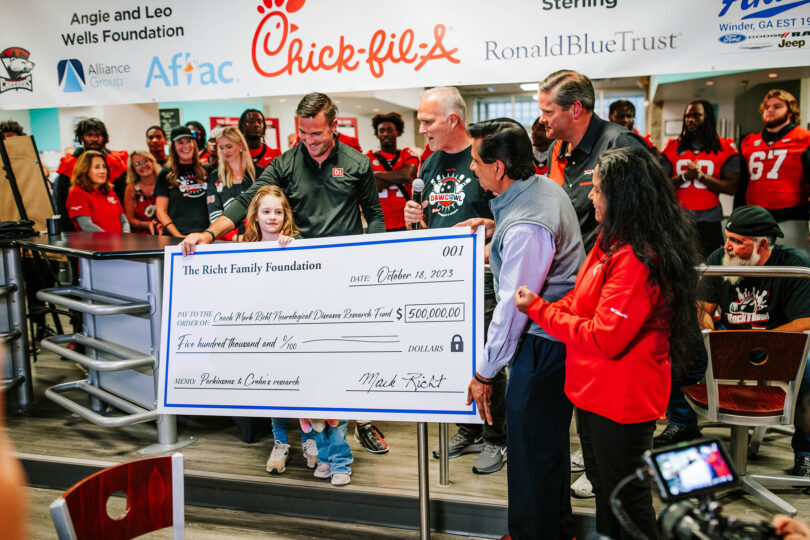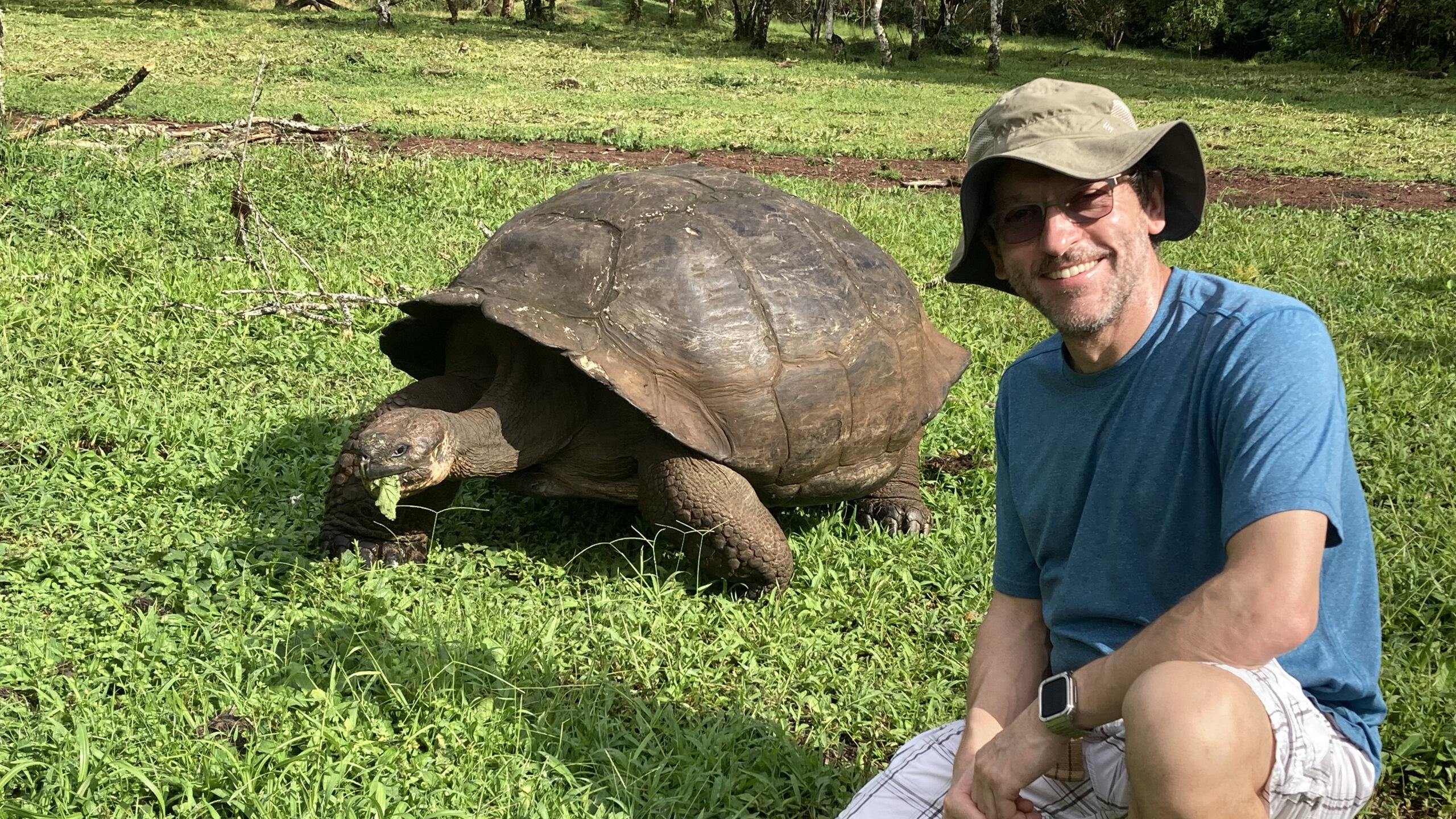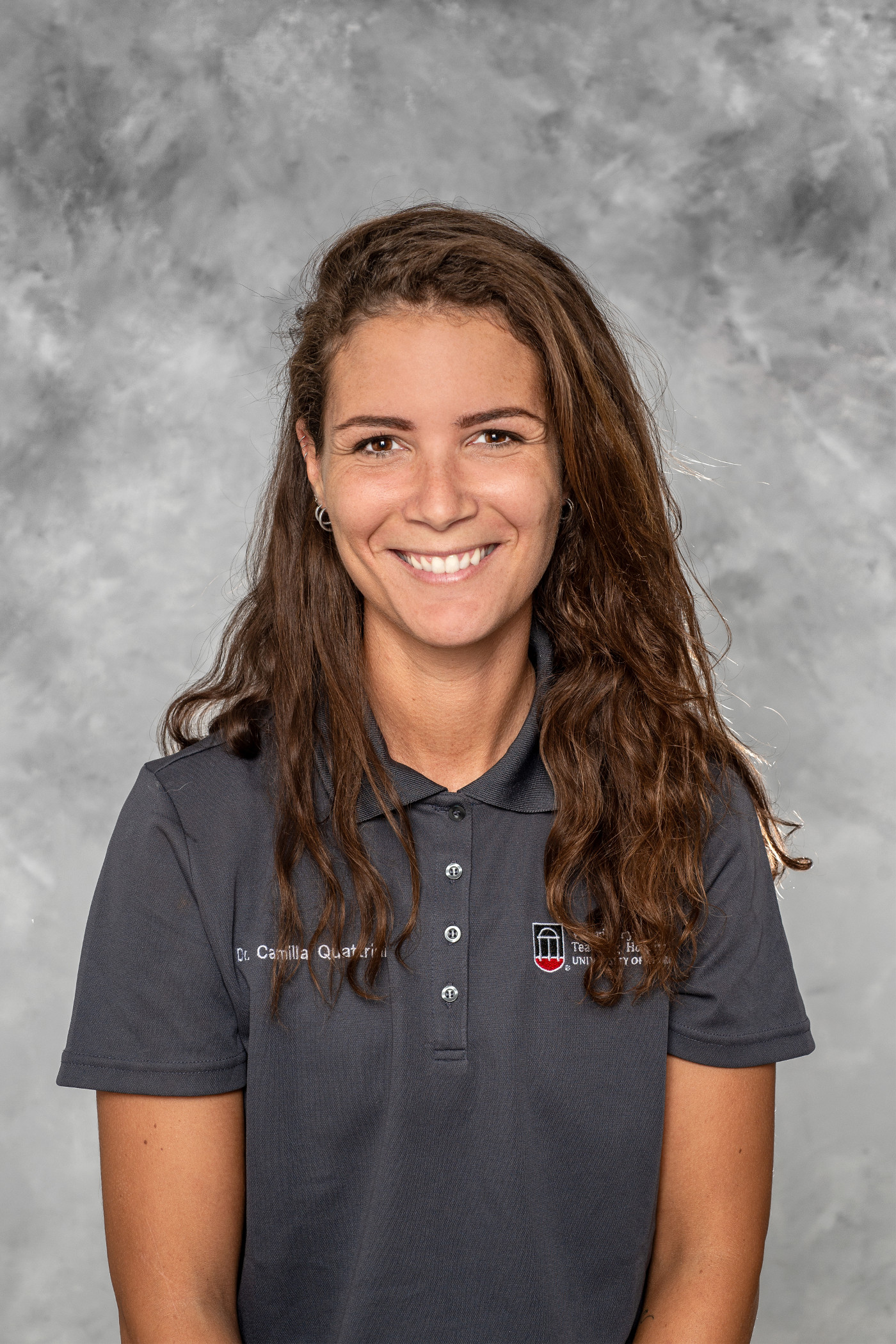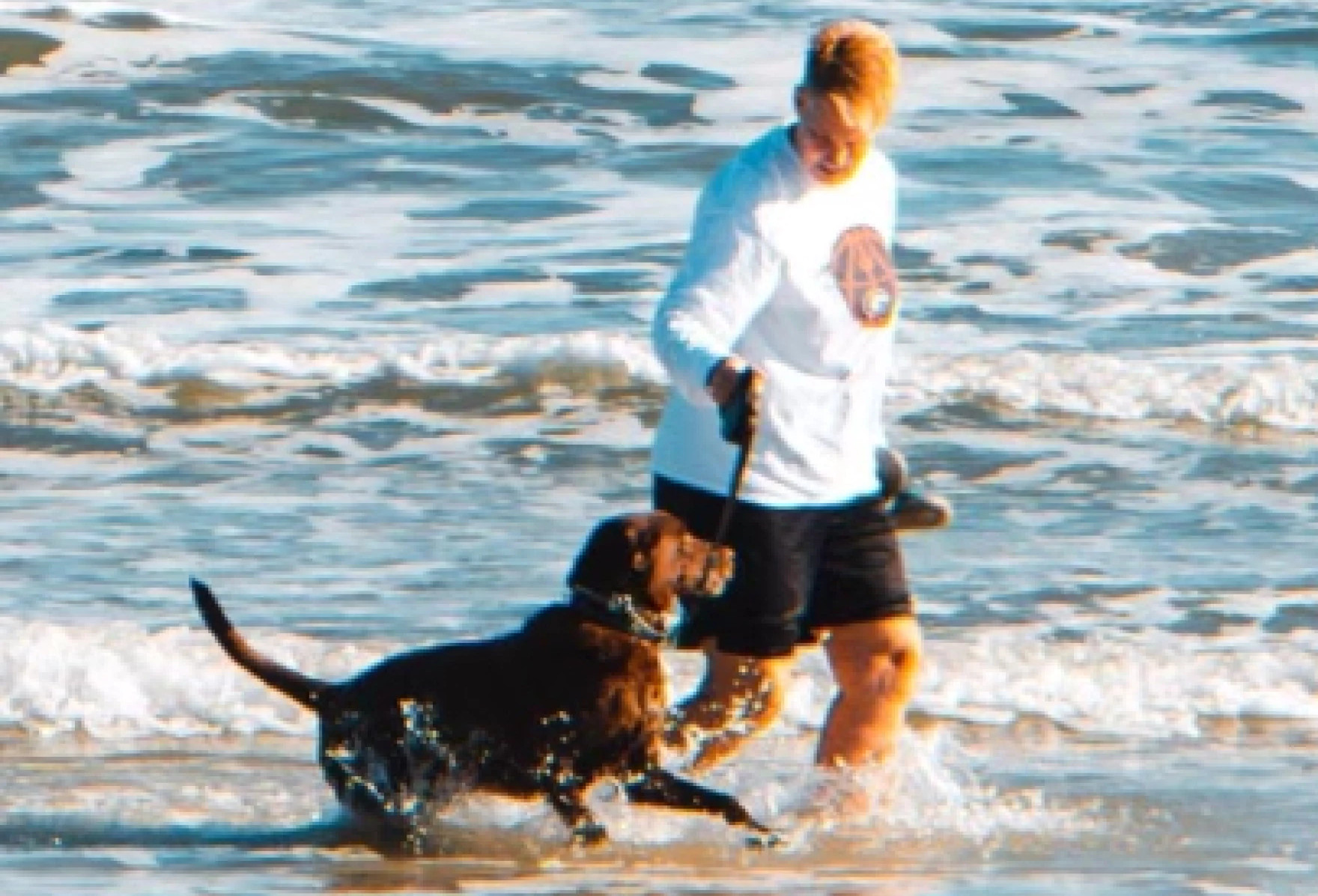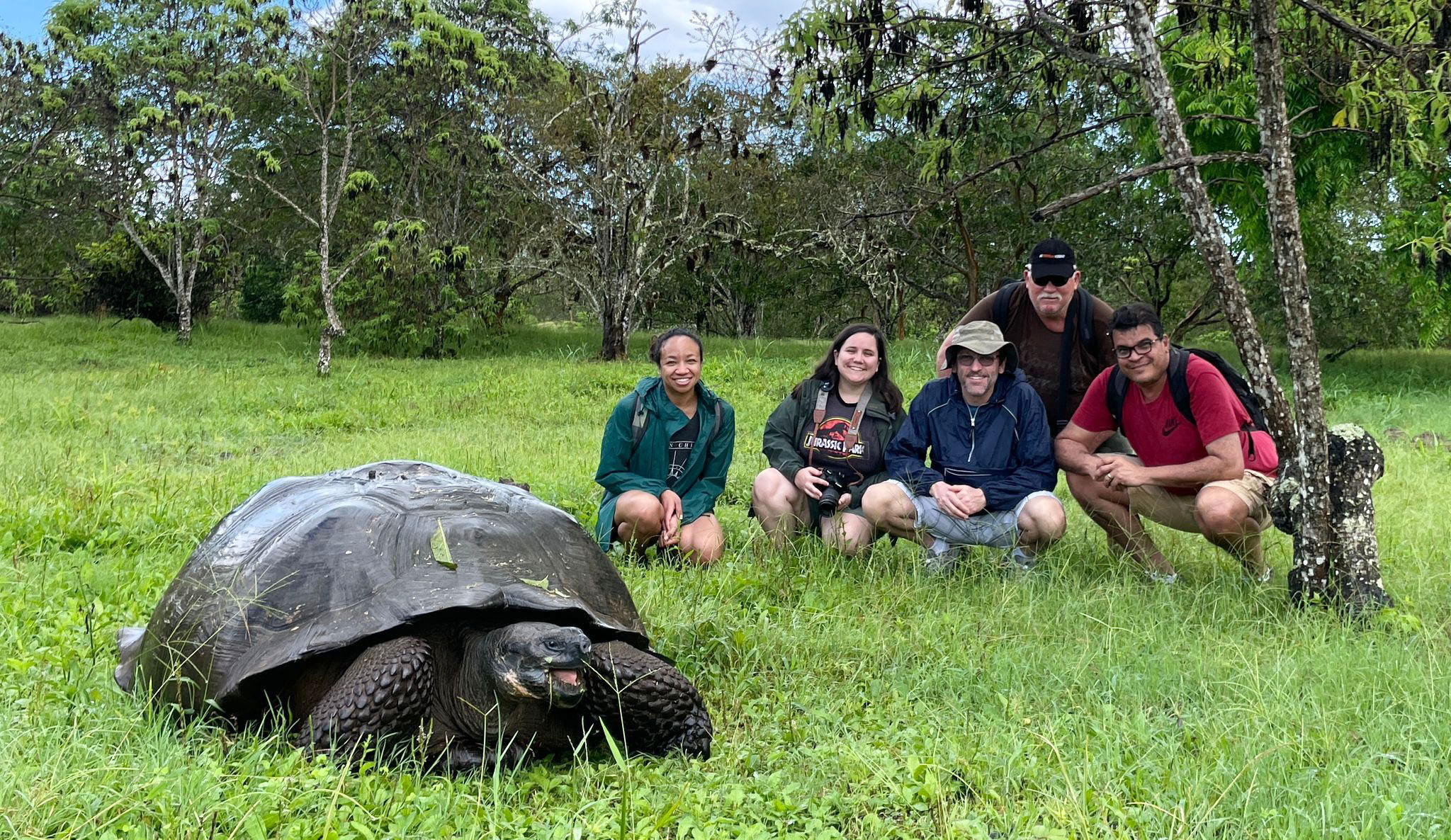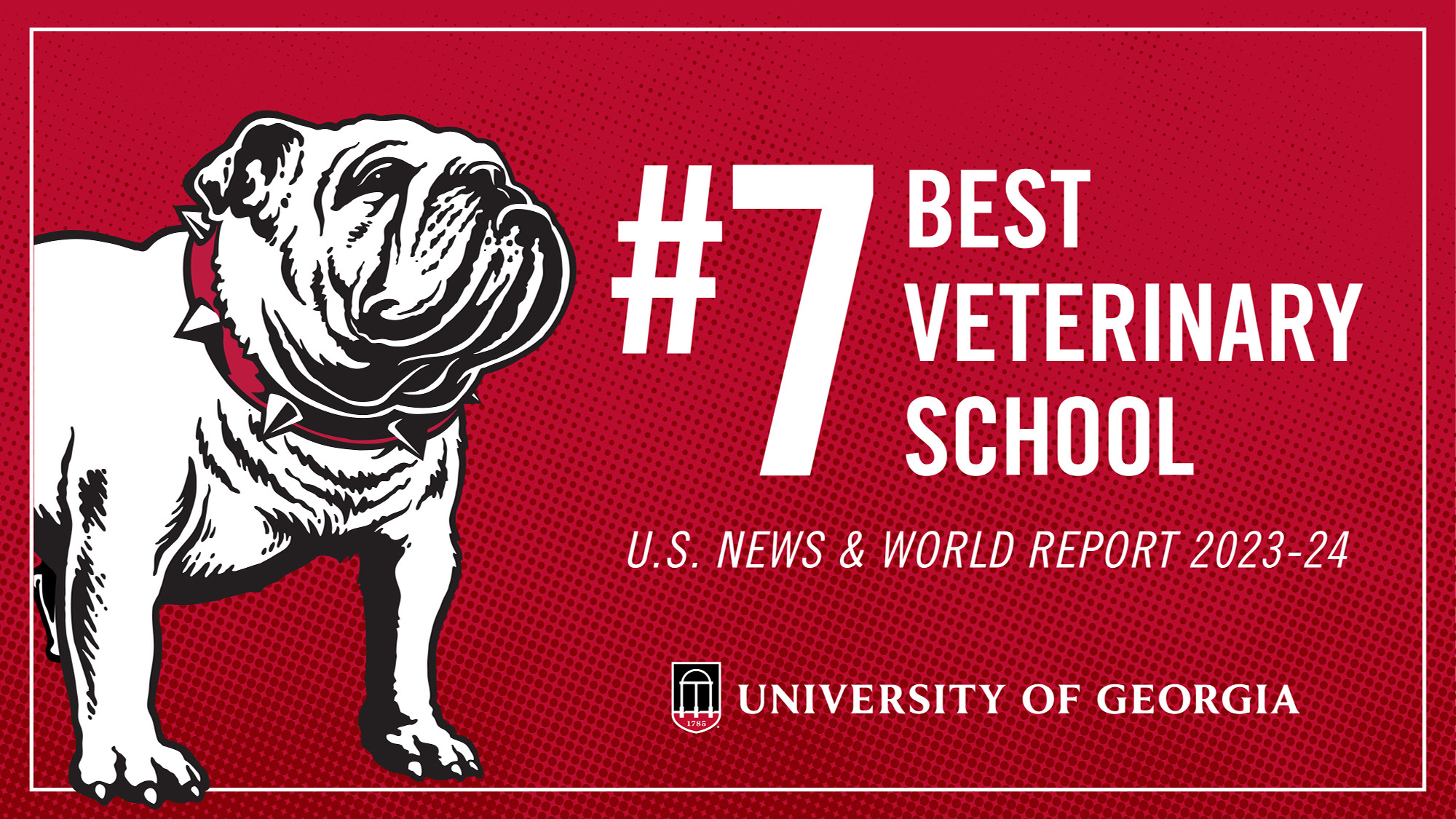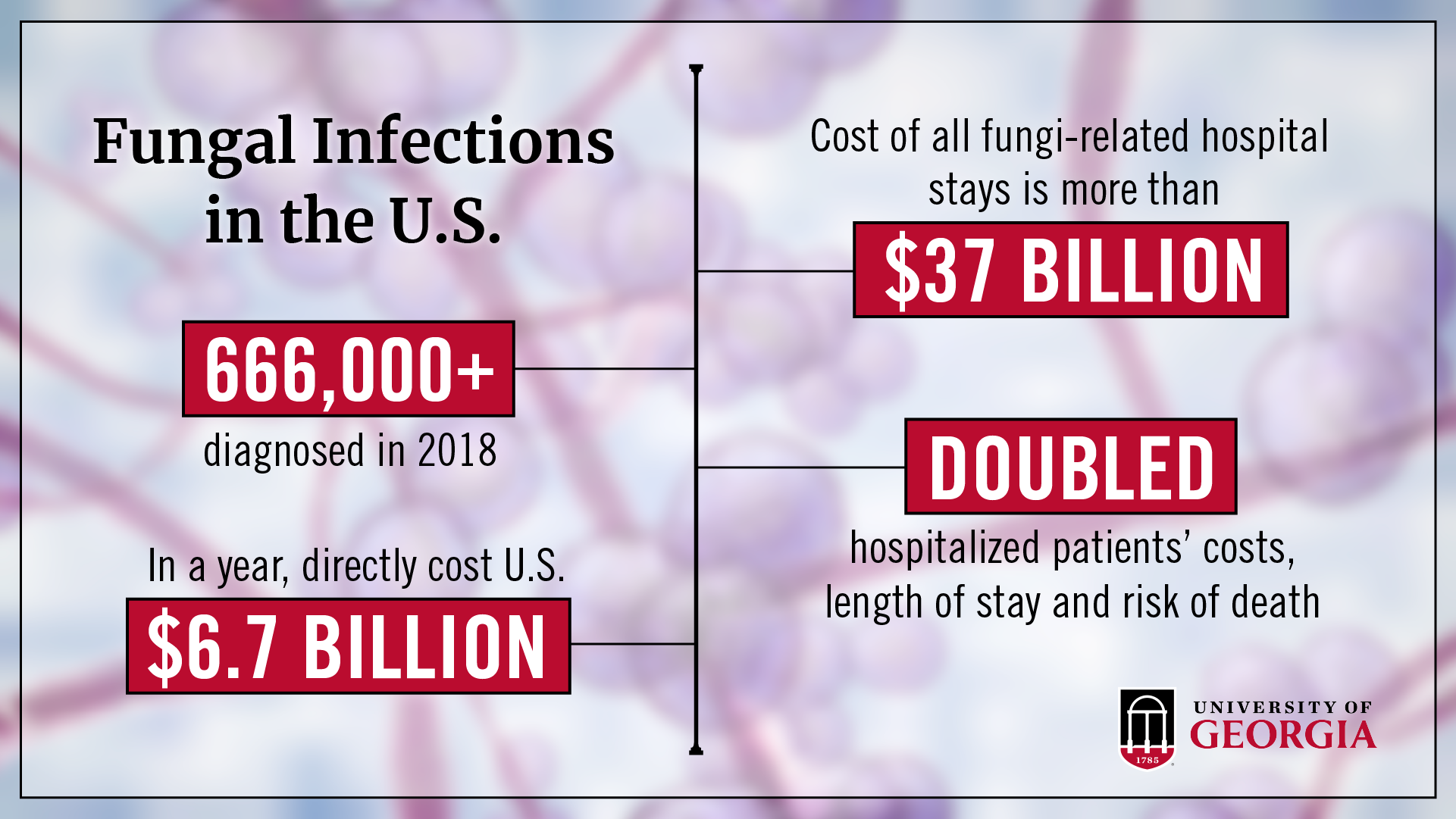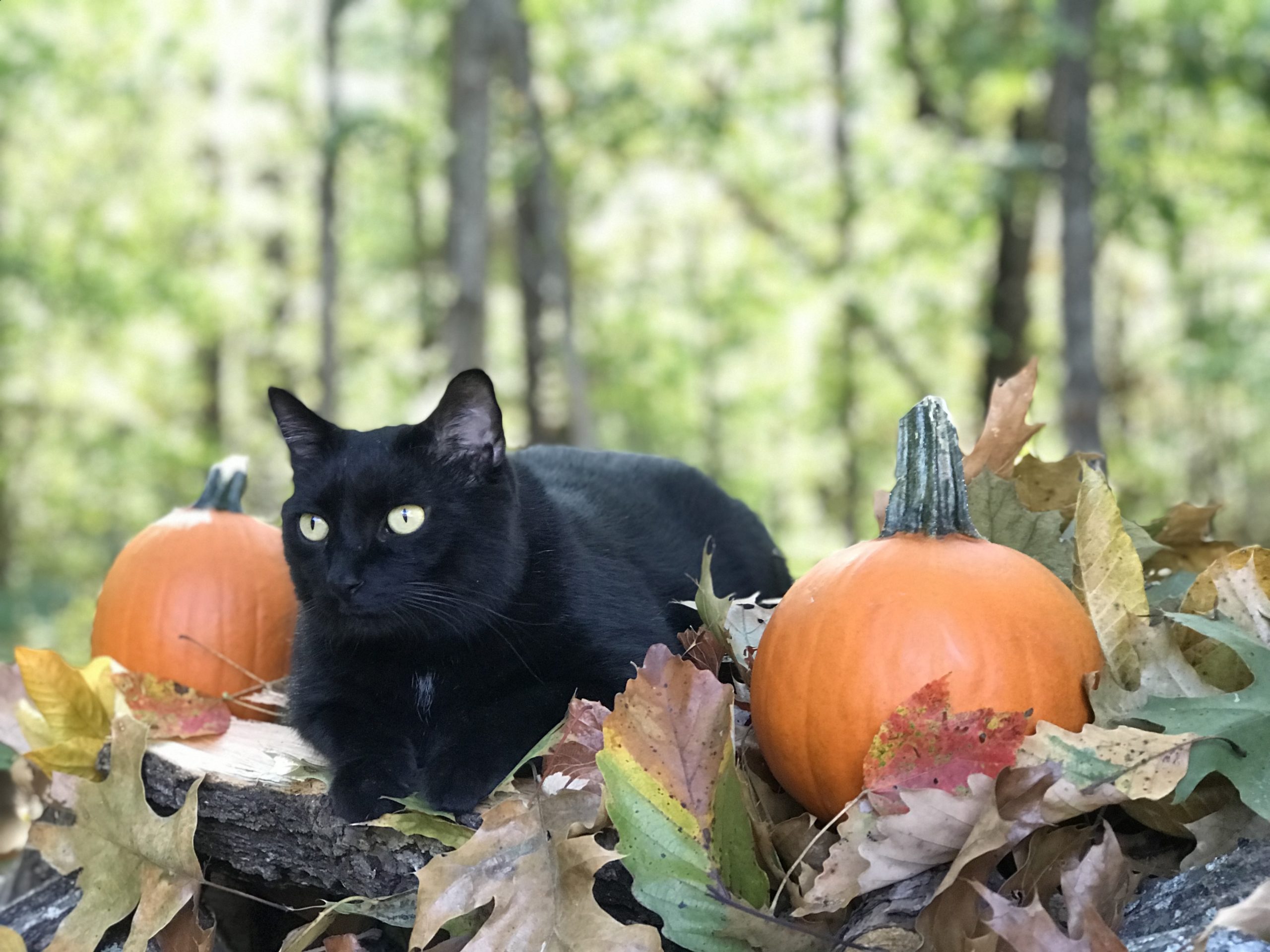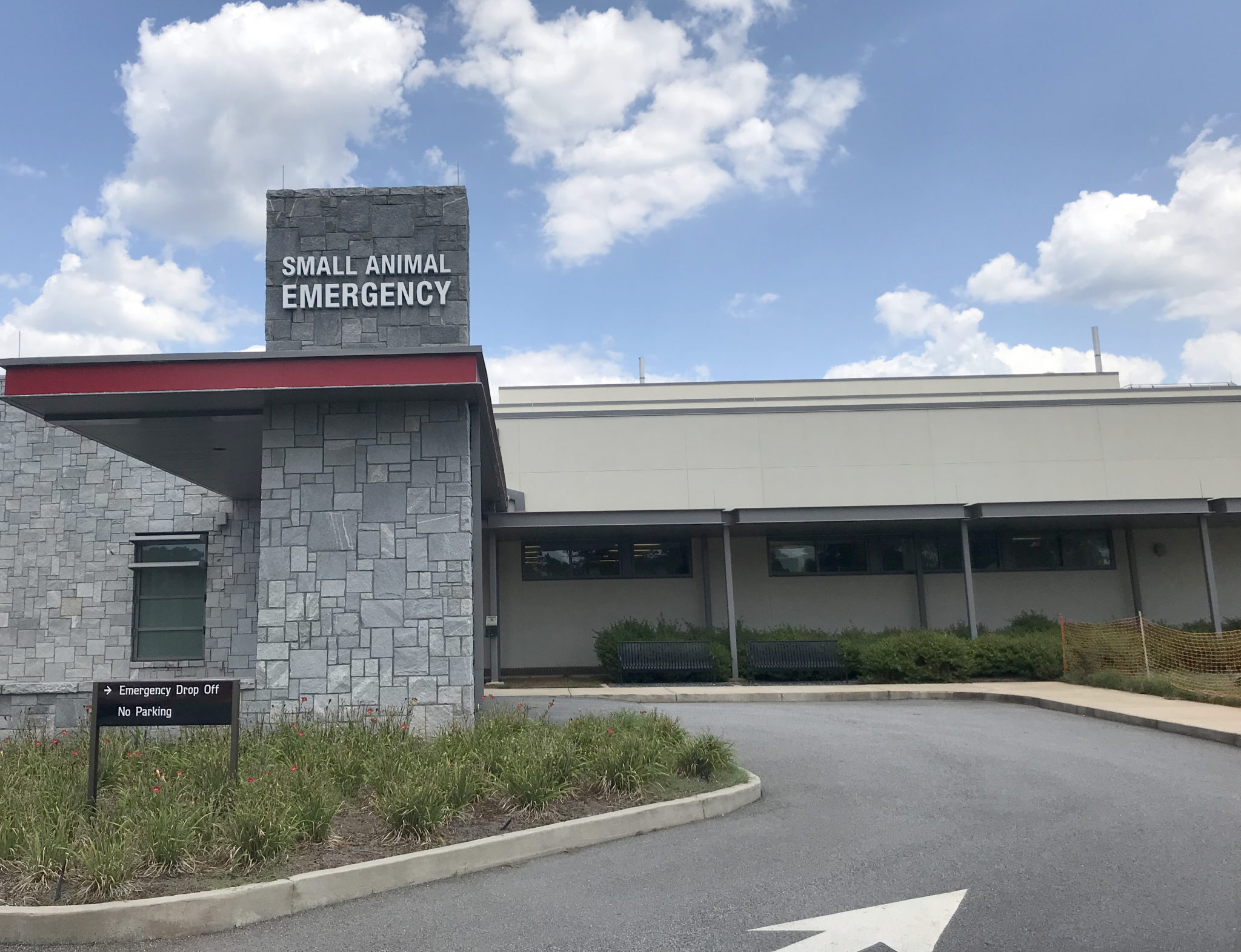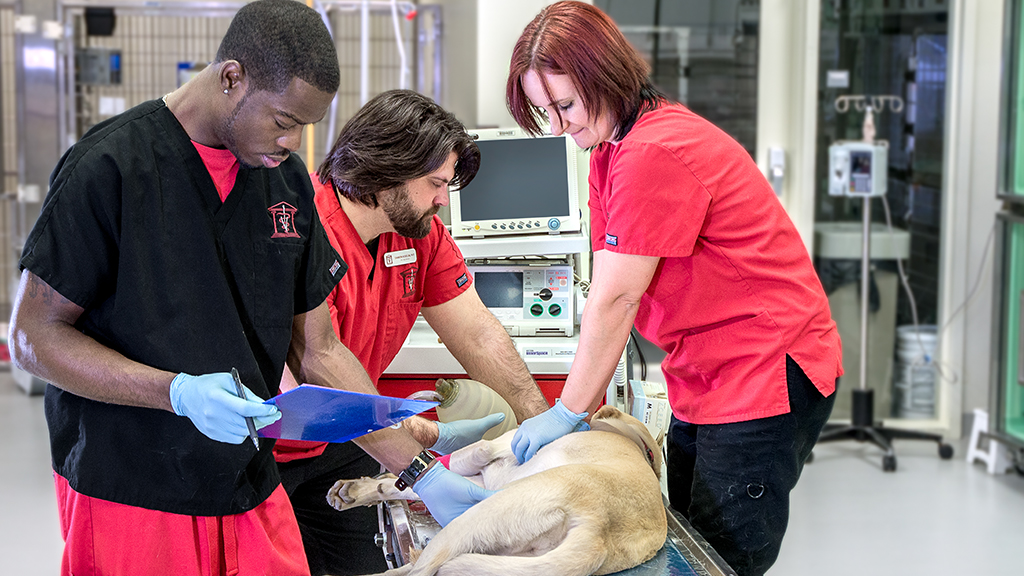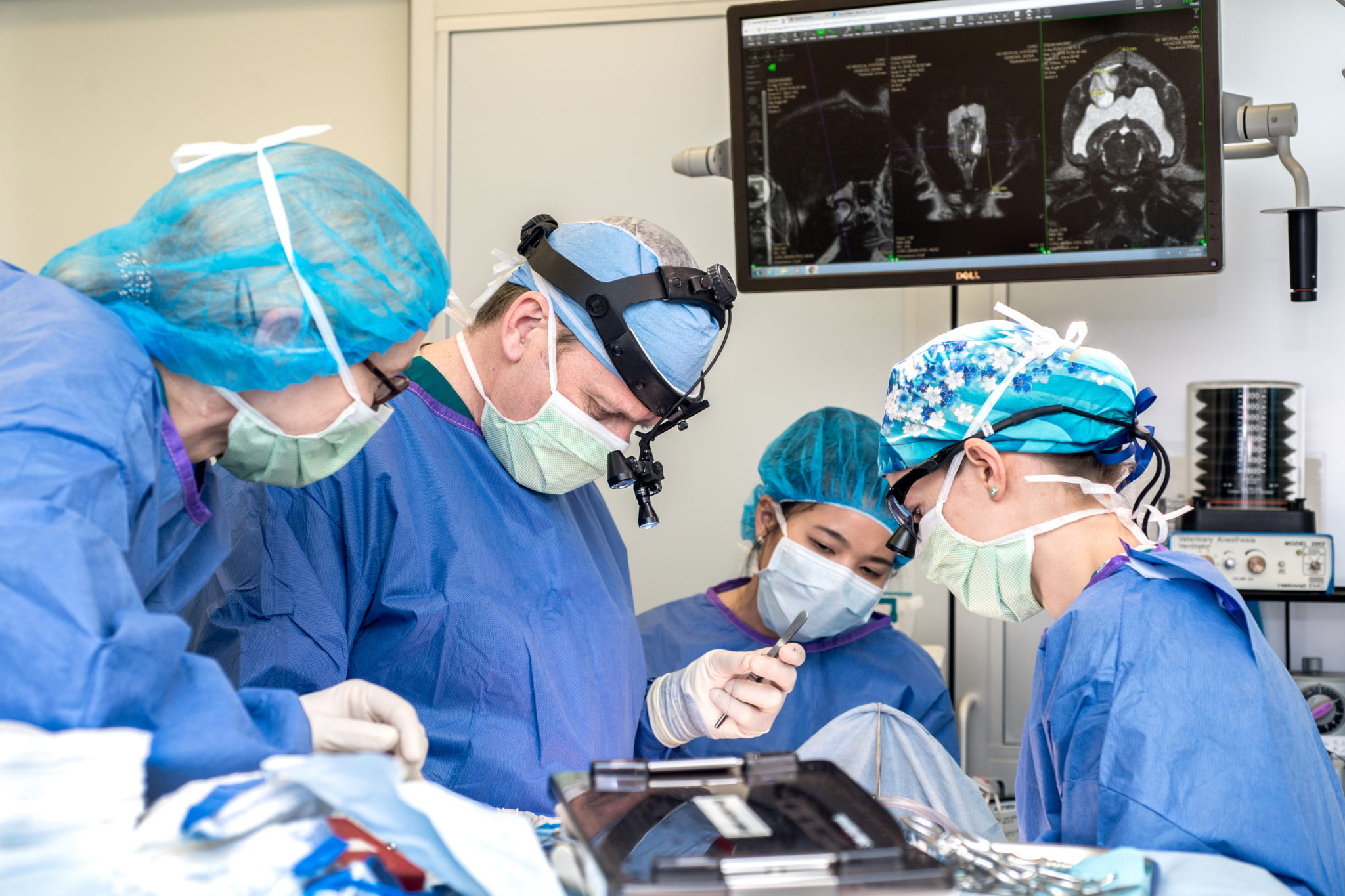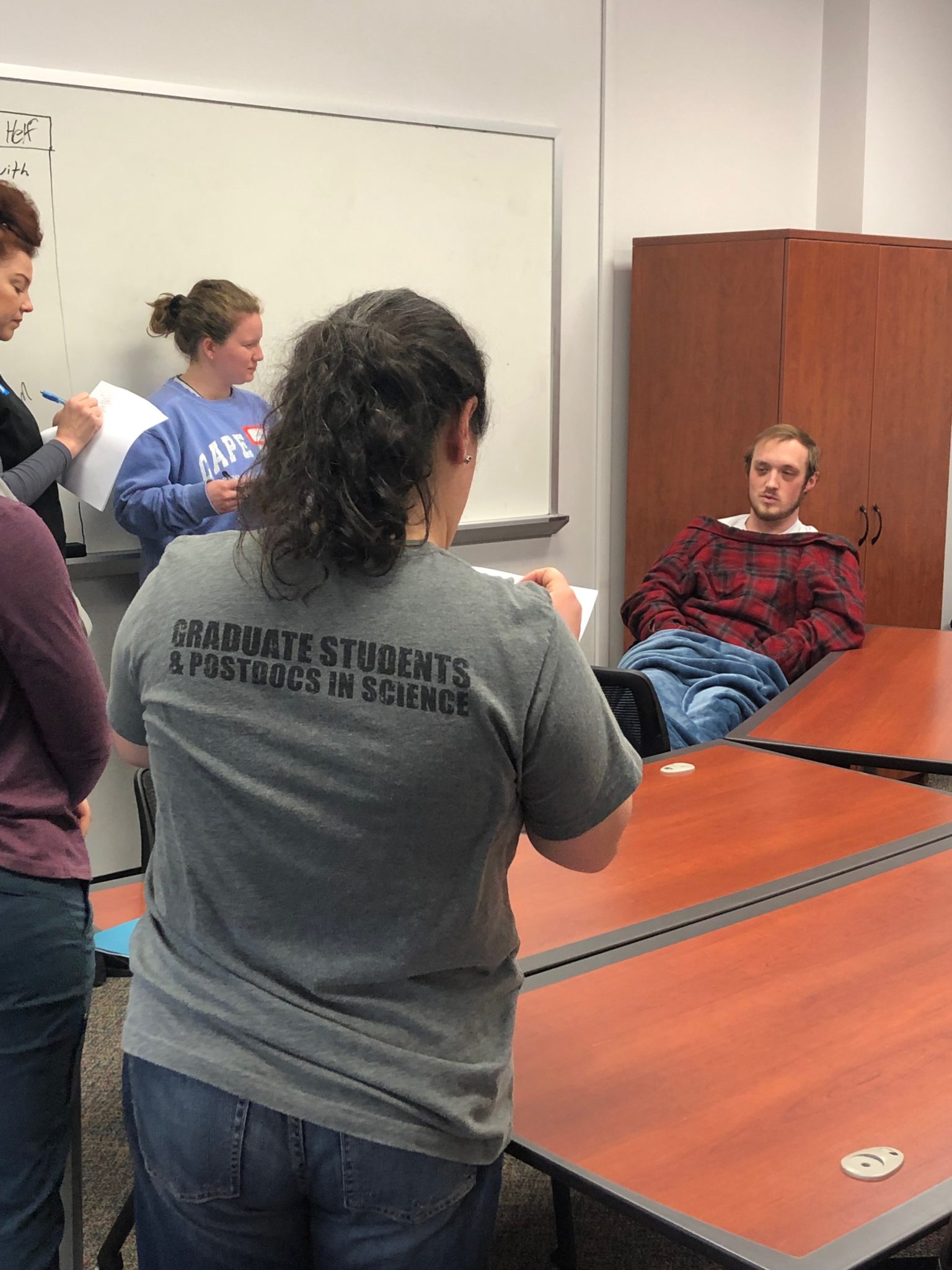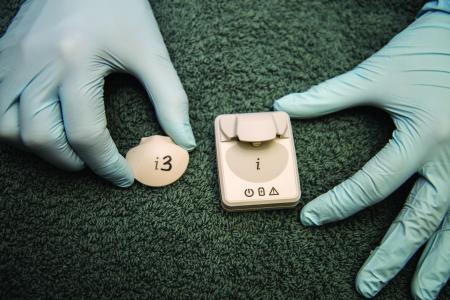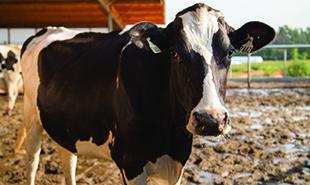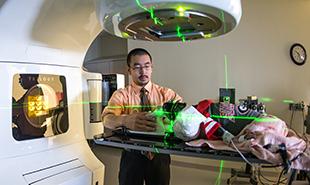Archive for the ‘Uncategorized’ Category
New ambassadors announced for 2026
The University of Georgia College of Veterinary Medicine is proud to announce the selection of its 2026 Ambassadors. These outstanding DVM students were chosen for their strong interpersonal skills, leadership abilities, and deep sense of school pride. As ambassadors, they will play an important role in supporting recruitment, outreach, and […]
Alumni earn top rankings at Bulldog 100 celebration
Two alumni-owned veterinary practices from the University of Georgia College of Veterinary Medicine were recognized on the 2026 Bulldog 100 list, earning standout rankings among the fastest-growing businesses owned or led by UGA graduates. The Bulldog 100 Celebration was held in Athens on Feb. 7, 2026, where the ranked list […]
UGA Pet Health Center welcomes a new clinician
The University of Georgia College of Veterinary Medicine has welcomed Dr. Mary Songster as an assistant clinical professor in the UGA Pet Health Center, a Stanton Spectrum of Care Clinic. Originally from western New York, Dr. Songster earned her Doctor of Veterinary Medicine degree from North Carolina State University. She […]
Ask the Experts: Winter Care Tips for Farm Animals
As temperatures drop, winter can present unique challenges for horses and farm animals. Cold weather can affect nutrition, hydration, and overall management, making proactive care essential. Experts from the University of Georgia College of Veterinary Medicine offer practical guidance to help owners navigate seasonal challenges to ensure your animals stay […]
Mary Songster Alpin
Dr. Songster, as she is known as to students and clients, grew up in a small town southwest of Buffalo in rural western New York State. She attended a small liberal arts teacher’s college in central NYS with the goal of becoming a physical education teacher but soon realized that […]
UGA PHC welcomes two new clinicians to expanding clinic
The University of Georgia Pet Health Center (PHC) is thrilled to welcome two new Clinical Assistant Professors — Dr. Elizabeth Busch and Dr. Jennifer Sims — to its growing team. In their new roles, Drs. Busch and Sims will serve as full-time clinicians, providing high-quality primary care to patients while […]
AI takes center stage at Precision One Health Symposium
UGA VetMed hosts second annual gathering of multi-disciplinary researchers Findings in human, animal and environmental health were the talk of the second Precision One Health Initiative Symposium hosted by the University of Georgia College of Veterinary Medicine. “Converge: Building a Smarter, Healthier Future at the Intersection of one Health, Precision […]
UGA CVM Continues to Partner with the Army to Provide Veterinary Support to Stability Operations (VSSO) Course
For nearly 15 years, U.S. Army veterinarians, along with other uniformed and federal veterinary officers, have participated in annual training sessions at the University of Georgia College of Veterinary Medicine. The Veterinary Support to Stability Operations course series is a critical training initiative designed to equip Veterinary Corps Officers (VCOs) […]
Alejandro Ojeda-Rojas
Dr. Alejandro Ojeda-Rojas is an Assistant Professor and Beef Cattle Veterinarian with expertise in food animal reproduction, herd health, and production management. His work integrates clinical service, research, and teaching to improve reproductive efficiency, animal welfare, and sustainability of cow–calf operations. Across his career in Latin America and the United […]
Alison Godley
Alison Godley joins the College of Veterinary Medicine from UGA’s Franklin College of Arts and Sciences, where she most recently served as Senior Director of Annual Giving and Alumni Relations. Since 2019, she has led annual giving and alumni engagement efforts for the college’s 100,000+ alumni and friends. A third-generation […]
AJVR Spotlight on UGA CVM: Interdisciplinary research seeks cures for diseases of animals and humans
Since our founding 79 years ago, the University of Georgia (UGA) College of Veterinary Medicine (CVM) has been home to interdisciplinary medical research that recognizes the interconnectivity of animal, human, and environmental health.
CVM Student Spotlight
Ashleigh Woods, Class of 2028 Highlighting the incredible summer experiences of our College of Veterinary Medicine students. — This summer, Ashleigh Woods, a CVM student from Guyton, Georgia, took full advantage of the opportunities available through the Georgia Veterinary Scholars Program (GVSP). With a career focus on small animal surgery, […]
Thornton Joins UGA Pet Health Center
PHC new clinician brings passion for both patient care and teaching The University of Georgia Pet Health Center is excited to welcome Dr. Jude Thornton as a Clinical Assistant Professor. In his new role, Dr. Thornton will serve as a full-time clinician, providing primary care services to patients at the […]
UGA College of Veterinary Medicine hosts international poultry seminar in Athens
Specialists from Latin America learn of new CVM vaccine against H9N2 and the results of studies evaluating a mobile testing unit for use on the farm and in the field. Researchers in the University of Georgia’s College of Veterinary Medicine shared recent successes in their efforts to control the spread […]
CVM Student Spotlight
KeeLeigh Jenkins, Class of 2027 Highlighting the incredible summer experiences of our College of Veterinary Medicine students. — This summer, KeeLeigh Jenkins, a Doctor of Veterinary Medicine student from Melbourne, Florida, took her passion for service beyond the classroom through the U.S. Army’s Health Professions Scholarship Program. As part of […]
Roy Berghaus named John R. Glisson Professor
The University of Georgia College of Veterinary Medicine (UGA CVM) is pleased to announce the appointment of Dr. Roy Berghaus to the John R. Glisson Professorship in Veterinary Medicine. Berghaus is the head of CVM’s Department of Population Health. “It is truly a pleasure to honor Dr. Berghaus’s contributions to […]
CVM Student Spotlight
Gabi McCarthy, Class of 2028 Highlighting the incredible summer experiences of our College of Veterinary Medicine students. — This summer, UGA College of Veterinary Medicine student Gabi McCarthy is making the most of her time outside the classroom through the Georgia Veterinary Scholars Program (GVSP). Originally from Fort Mill, South […]
Pet Travel Tips from our Pet Health Experts
Whether you’re planning a weekend getaway or a cross-country road trip, bringing your pet along can make the journey more memorable. But before you hit the road, it’s important to ensure your furry companion stays safe and comfortable. Here are some travel and safety tips from our PHC team. Contributions […]
Summer Pet Safety
Key Seasonal Risks and How to Prevent Them Contributions from Dr. Sara E. Gonzalez, DVM, MS, DABVP (Canine & Feline Practice) Summer is a time for fun and outdoor adventures with our pets, but it also brings several seasonal health hazards. Here are some summer-related risks to be aware of—and […]
PhD Student Awarded NSF Graduate Research Fellowship Program
Empowered by Experience, UGA PhD Student Earns Fellowship to Advance Accessibility in STEM Education In a single semester as an undergraduate, Madison Livingston received diagnoses for four disabilities. This experience brought new challenges, but it also opened doors to opportunities in education research. Now, she is pursuing a PhD in […]
UGA VetMed Teams Up to Provide Veterinary Care in Guatemala
Global Impact: Supporting Working Animals of the Developing World Dr. Rachael Green from the University of Georgia College of Veterinary Medicine recently traveled to Guatemala in partnership with the Equitarian Initiative to deliver veterinary care to working horses, donkeys, and mules. A dedicated team of veterinarians, support personnel—including technicians and […]
UGA Alumni on the Iditarod Trail
Vet Dawg alumni take on the Iditarod Trail Sled Dog Race. The result? Memories were made, veterinary knowledge was gained, and new career paths were forged.
Compassion for Pets and People: One’s Mission to Support Veterinary Care
Ellen Griffin’s journey with her beloved Diesel has sparked a deep commitment to helping other pets in need, leading her to support UGA’s Shelter Medicine Program Ellen Griffin knows the value of expert veterinary care. She turns to the University of Georgia Veterinary Teaching Hospital (VTH) whenever her pet receives […]
Monitoring Milk for Avian Influenza
UGA Leads Efforts to Protect Dairy Supply from Avian Influenza Home to one of the nation’s six Centers of Excellence in Influenza Research and Response, UGA experts were quickly tapped by the Food and Drug Administration to help test U.S. dairy supplies for avian influenza.
Biomedical Physiology Society receives award
The Biomedical Physiology Society was recently honored with the Spring Engagement Fair Outstanding Organization Award in recognition of its creativity, innovation, and exceptional attendee engagement at the University of Georgia’s 2025 Spring Engagement Fair. Presented by Engagement Leadership and Services, the award highlights the society’s growing impact and commitment to […]
Aleksandra Pawlak
Aleksandra Pawlak is a veterinary scientist specializing in pharmacology, immunopharmacology, and comparative oncology. She earned her Doctor of Veterinary Medicine and PhD degree from the Wroclaw University of Environmental and Life Sciences (UPWr) in Poland, where she has built her academic and research career. Currently, at UGA, Dr. Pawlak serves […]
Poultry health is top priority for UGA-Merck partnership
Home to Gainesville, the “Poultry Capital of the World,” the state of Georgia places a premium on the health of its commercial poultry population. That is no more evident than through the prolific partnership between Georgia’s flagship land-grant university and a global leader in pharmaceuticals, Merck Animal Health.
Oksana Anderson
Dr. Oksana Anderson is an Academic Advisor I for the Biomedical Physiology Program students, Department of Physiology and Pharmacology. Prior to joining the University of Georgia, Dr. Anderson worked as an Advisement Coordinator and an Academic Advisor for competitive pre-health programs at Athens Technical College. She completed her MA in Education […]
Sam Lovell
Biography Sam is the Administrative Specialist for the Center for Vaccines and Immunology. In this role, they draw on their strengths in coordinating both projects and people, molding to fill gaps as they arise. Sam has demonstrated consistent commitment to the Athens and UGA communities, working with various nonprofits to […]
Cristin Leonard
Biography Cris Leonard is the HR Specialist for the Center for Vaccines and Immunology, the Isakson Center for Neurological Disease Research, and Precision One Health. Before joining UGA’s College of Veterinary Medicine, Cris honed her skills in employee relations and workforce management, bringing valuable expertise to the role. She graduated from the University of […]
A Pawsitive New Approach to Veterinary Care
Dr. Andrea Johnson is a 2001 UGA College of Veterinary Medicine graduate. Because of her strong bond to her pony, Brownie, and her soul-dog, Tully, she pursued mixed animal medicine and accomplished her lifelong dream of owning a practice.
Mark Tompkins is appointed director of UGA Center for Vaccines and Immunology
Mark Tompkins, Ph.D., UGA Athletic Association Distinguished Professor in Virology and Immunology, has been appointed director of the Center for Vaccines and Immunology (CVI) in the College of Veterinary Medicine. Established in 2015, the CVI is made up of a premier team of researchers that are leading the way in […]
Distinguished Professors bring a wealth of experience and hope for new advancements to their roles with CVM
What makes a professor distinguished? In the College of Veterinary Medicine, it’s a clinician who sees the need for 24/7 emergency care for animals and builds a program to provide just that. And it’s researchers who dive deep into the mechanisms of well-known but little understood diseases in hopes of […]
Lucinda (Cindy) Dixon
Dr. Dixon is a graduate of the Auburn University College of Veterinary Medicine. Following graduation, she completed an equine medical and surgical internship. She has worked in both small and mixed animal private practice and is a certified veterinary acupuncturist. In addition, she has over a decade of experience in […]
Christopher Zdyrski
Dr. Christopher Zdyrski obtained his PhD in Genetics and Genomics from Iowa State University where he focused on the culture and characterization of novel 3D organoids (stem cells). Dr. Zdyrski currently works in the SMART Pharmacology Laboratory at UGA’s CVM, led by Dr. Jonathan Mochel and Dr. Aleksandra Pawlak. The lab […]
Mark Richt raises funds for Parkinson’s research
Led by former University of Georgia head football coach Mark Richt, the Chick-fil-A Dawg Bowl raised more than $758,000 for Parkinson’s disease and Crohn’s disease research at UGA.
The Aesculapian is Back
Esc-a-what? The Aesculapian, the official magazine of the University of Georgia College of Veterinary Medicine, is back after a long hiatus. You don’t have to pronounce it correctly to enjoy the read, but we’re including a convenient pronunciation key with every issue just the same. No matter how you say it, Aesculapian is […]
Ricardo Mendes
Before joining UGA, Dr. Mendes was a full professor at the Instituto Federal Catarinense (IFC) in Concórdia, Santa Catarina, Brazil. He successfully secured multiple research grants at both federal and state levels, demonstrating his expertise and strong research background. His career in veterinary pathology spans more than two decades, beginning […]
Mackenzie Long
After completing her DVM training at the University of Georgia in 2018, Dr. Mackenzie Long received her PhD and veterinary clinical pathology boards certification while training at The Ohio State University. Dr. Long is passionate about enhancing veterinary oncology diagnostics and treatment. She is particularly interested in better characterizing and targeting resistance […]
Mekala Sundaram
Dr. Sundaram is a new Assistant Professor appointed by Infectious Diseases and the Savannah River Ecology Laboratory. A quantitative ecologist by training, she began her academic path at the University of Mumbai where she obtained a Bachelor of Science degree in Life Sciences and Biochemistry. Her love of ecology led […]
Dagmar Nelson
Ms. Nelson, originally from near Frankfurt in Germany, has lived in Athens, GA since 1989. She has worked at the University of Georgia since 2001; after advising students at UGA’s College of Engineering for 11 years, Ms. Nelson joined the College of Veterinary Medicine in September 2023 and is excited […]
UGA Veterinary Teaching Hospital helps clients deal with stress and grief
Noelle Browning, a veterinary social worker, helps clients deal with the stress of having a sick pet and the grief of having one die. Graduate students from the UGA School of Social Work are interning there and learning about the human-animal bond. Listen to the story on WUGA
Karin Allenspach jorn
Dr. Allenspach is a clinician-scientist and has been employed as a faculty in academia for the last 20 years. Dr. Allenspach has a current H-index of 51 with over >150 publications. She has broad background in small animal internal medicine (Diplomate European College of Veterinary Internal Medicine DECVIM-CA) with a […]
Libby Siedell
Libby serves as a medical illustrator for Educational Resources. She received her BA in Biological and Pre-Medical Illustration from Iowa State University, after which she earned her MA in Biological and Medical Illustration from The Johns Hopkins University School of Medicine Department of Art as Applied to Medicine. There, she […]
Leigh Anne Clark
Dr. Leigh Anne Clark earned her doctoral degree in 2004 from the College of Veterinary Medicine at Texas A&M University studying exocrine pancreatic insufficiency in German shepherd dogs. After graduation, she remained in the Department of Pathobiology as a Research Assistant Professor, investigating the genetics of dermatomyositis in Collies and […]
Tatum Mortimer
As bacterial pathogens become increasingly resistant to antimicrobials, new interventions are needed to manage their spread in human and animal populations. My lab is focused on uncovering the mechanisms of adaptation that contribute to pathogen success. We use computational tools alongside microbial whole genome sequencing data to reconstruct pathogen transmission, […]
Jonathan Mochel
Dr. Jon P. Mochel is Professor of Systems Pharmacology in the Department of Pathology and Founding Director of the Precision One Health Initiative at the University of Georgia (USA). A board-certified veterinary pharmacologist and toxicologist (Dipl. ECVPT), he holds advanced degrees in Pharmacology (MS), Pharmacokinetics (MS), and Applied Mathematical Modeling […]
Douglas Paton
Plasmodium falciparum, the causative agent of malaria, is a deadly parasite that is spread through the bite of Anopheles mosquitoes. My lab is committed to developing new and novel ways to reduce global malaria burden, and studies the interaction of Plasmodium parasites with their Anopheles mosquito host, with an emphasis […]
Megan Sifuentes
Megan Reeves Sifuentes, like many in this field, started out as a curious kid with a love for exploring the world and drawing what she found. As a career choice, applying artistic skill to the field of scientific education felt like the perfect choice. Megan earned her BFA in Scientific […]
UGA Professor renowned for surgical skills assists with giant tortoise conservation in Galápagos Islands
International partnership allows release of once captive animals Pictured above, from left: Veterinary Technician Nia Chau, Second-year Resident Dr. Kelsey Trumpp and Drs. Stephen Divers and Sam Rivera, kneeling, and Joe Flanagan, standing, with a giant tortoise. Why? It’s the question that drives scientific discovery. It’s also the question most […]
Student Spotlight – J.W. Gentry
J.W. Gentry (DVM, 2023) will take his learning home to Middle Georgia to assist food animal producers Watching J.W. Gentry work the Georgia Grown Baby Barn at the Georgia National Fair in Perry is like watching a small-town mayor meet his constituents at a barbecue on the town square. Everybody […]
Junebug Gerke Success Story
Junebug is a 7 year old, mixed breed dog who was adopted by the Gerke family. Junebug’s family hoped that when they rescued her and provided her with love and safety that she would be okay, but unfortunately that was not the case. As a rescue, Junebug had never interacted […]
UGA CVM advances closer to No. 1 in US News Rankings of VetMed Schools
The University of Georgia College of Veterinary Medicine rose to No. 7 in the latest ranking of veterinary colleges nationwide by U.S. News and World Report. The CVM has consistently placed in the top 10 in past rankings, and this distinction now places the CVM in the top 5 of […]
Registration now open for free eye exams for service animals
The University of Georgia Veterinary Teaching Hospital is once again offering free eye exam screenings to service and working animals this May as part of the 13th Annual American College of Veterinary Ophthalmologists (ACVO) and Epicur National Service Animal Eye Exam Event. Registration by Sunday, April 30 at www.ACVOeyeexam.org is required to […]
Teddy Austin – Success Story
Meet Teddy! Teddy is a four-year-old mixed breed dog who was a behavioral medicine patient at the University of Georgia Veterinary Teaching Hospital (UGA VTH). When Teddy’s family adopted him, he was fearful of everyone and everything. Prior to receiving treatment at the UGA VTH, Teddy spent his time hiding […]
Fungal infections cost U.S. $6.7B in a year
New research from the University of Georgia found that fungal infections account for $6.7 billion in health care spending in 2018. And that’s just the cases that were directly responsible for inpatient hospital stays. Combined with secondary infections and diagnoses, the total cost of hospital stays associated with fungal infections […]
UGA researchers developing new models for malaria drug development and testing
Two UGA researchers are working to make it easier to develop effective treatments for malaria, a disease that sickens millions worldwide and kills hundreds of thousands each year. In tropical climates around the globe, malaria poses a grave risk to already vulnerable populations. In 2019, the World Health Organization estimated […]
Batman
Batman the cat enjoys more than pursuing villains and chilling at the bat cave. He also enjoys bobbing for frogs in our creek. His head-dunking led to a yeast infection in his ear and a trip to see the dermatology department at the UGA Veterinary Teaching Hospital. Thanks to the […]
Operational Impacts of COVID-19
Our Hospital and Community Practice Clinic are open at this time. However, our appointment availability varies from service to service due to our backlog of cancelled appointments and our busy emergency caseload. Please call for more information. We continue curbside service at this time. . This means we will not be […]
CVM alums pursue global health mission across the world
Imagine taking your daily evening run to the Coliseum in Rome, hearing colleagues down the hall speak in five different languages and running social media accounts for World Rabies Day. That’s how Julie Thompson (DVM/MPH ’19) spent her three-month internship with the Food and Agriculture Organization of the United Nations […]
DVM-PhD program
The College’s DVM-PhD dual degree program is designed to enhance the career development of students with an interest in science, veterinary research, and graduate education by pursuing a DVM and PhD degree concurrently. Also known as the Veterinary Medical Scientist Training Program (VMSTP), this innovative program produces scientists with a […]
Emergencies
Here to help when you need us most
Emergency & Critical Care
SMALL ANIMAL EMERGENCY SERVICE UPDATE: Please call ahead so that we can assess the nature of your emergency and advise you of our current wait times. Please note that at times we do experience high volumes, which may impact our ability to serve you. If necessary, we will assist you […]
Department of Small Animal Medicine & Surgery
Caring for cats, dogs, exotic animals and wildlife through education, service and research
Veterinary Teaching Hospital
ATTENTION: The UGA Veterinary Teaching Hospital plans to transition to a cashless payment system in the near future. At that time, payments will be accepted via checks, credit/debit cards, and CareCredit only. Additional details will be shared as they become available. If you have a pet or animal that needs […]
Spillover: students participate in disease outbreak simulation
Do you ever wonder what would happen if a dangerous disease threatened our community? Who responds? What are the steps taken to contain it and protect the public’s health? Thirty-three students at the University of Georgia found out recently when they participated in Spillover: A One Health Infectious Disease Outbreak […]
New price for Chlamydia spp. antibody titer determination by IFA, as of July 1, 2017
As of July 1, 2017, the price for Chlamydia spp. antibody titer determination by IFA will increase by $4 in order to offset the rise in cost for testing. The new prices will be: $36 for IFA serology The Chlamydia spp. panel with antibody determination with IFA will be $68 […]
Take-home glucose monitors for diabetic pets
Did you know that the University of Georgia Veterinary Teaching Hospital offers iPro continuous glucose monitoring devices for cats and dogs with diabetes mellitus? The devices, commonly used for human patients with diabetes, are used to gather data on the patient's response to insulin. The Hospital has been offering this service since 2013.
UGA CVM Alumni Association Recognizes Four
The University of Georgia College of Veterinary Medicine recognized four alumni with awards for service to the college and the veterinary profession during its 53rd Annual Veterinary Conference and Alumni Weekend.
Supporting Georgia’s agriculture industry one herd at a time
The beef and dairy industries in Georgia are significant contributors to the state’s economy.Helping to safeguard these important commodities is the goal of the production medicine team at the University of Georgia Veterinary Teaching Hospital. This service travels to dairy and beef cattle operations throughout the state and works closely with producers and their veterinarians to improve herd health.
Highly Pathogenic Avian Influenza Preparedness
Between December 2014 and June 2015, an outbreak of Highly Pathogenic Avian Influenza (HPAI) occurred in the Pacific Northwest and the Mid-western states
Advanced radiation therapy now available
When the UGA Veterinary Teaching Hospital moved into its new facility in March 2015, it upgraded its linear accelerator to one of the most advanced models available, the Trilogy® system, putting UGA on the leading edge of veterinary radiation therapy nationwide.
Possible Rabies bite/exposure case?
Possible Rabies bite/exposure case?
The Facts on Trichomoniasis
Trichomoniasis is a sexually transmitted disease in cattle that can cause significant economic losses in herds. The disease is caused by a single celled parasite, Tritrichomonas foetus. Though the true prevalence of trichomoniasis in cattle is not known, several states have recently enacted stringent rules to control the importation or transmission of the disease.
Macrorhabdus Ornithogaster Infection in Pet and Farmed Birds
Macrorhabdus ornithogaster is a well-known cause of proventriculitis in birds. Although this organism was originally termed Megabacterium due to its large, rod-like appearance, the organism has since been classified as an anamorphic ascomycetous yeast. Clinical signs may be variable and include sudden death or chronic wasting. Diarrhea or enteritis has also been reported in birds colonized by Macrorhabdus; however, these birds can have concurrent enteric parasites, bacterial infections, or other diseases that could cause diarrhea.
Sparganosis: A Zoonotic Cestodiasis
Sparganosis is an infection of tissues by second stage larvae (spargana or plerocercoid) of pseudophyllidean tapeworms. Sparganosis due to pseudophyllidean cestodes such as Sparganum spp. (e.g. Sparganum proliferum) and Spirometra spp. (e.g. Spirometra mansonoides, Spirometra erinaceieuropaei) can occur in body cavities or in tissues of intermediate and paratenic hosts. Sparganum proliferum is phylogenetically identified as a new species in the order pseudophyllidea. The life cycle and the definitive host of Sparganum proliferum is unknown but believed to be similar to that of Spirometra spp. The definite hosts of Spirometra spp. are carnivores, and the eggs are shed in feces. The eggs embryonate in the environment, hatch in water and release coracidia. Coracidia are ingested by intermediate hosts, copepod crustaceans (Cyclops spp.), and develop into procercoids. Second intermediate hosts including fish, reptiles, and amphibians ingest infected copepods and acquire procercoid larvae. Procercoids develop into plerocercoids in the second intermediate hosts. Predators of the second intermediate hosts are infected by the plerocercoids. Plerocercoidosis/sparganosis develops after ingesting procercoids or plerocercoids with contaminated water or infected intermediate hosts. Humans and other mammals including apes, pigs, dogs, and cats can serve as paratenic or second intermediate hosts and develop sparganosis.
Mushroom Intoxication
Two cases of mushroom toxicosis recently have been diagnosed at the TVDIL. The first case involved a 2 year-old mixed breed dog that died following a brief course of vomiting and bloody diarrhea. The second case involved a 12 week-old Labrador Retriever puppy with a history of vomiting with death occurring within 24 hours of the onset of clinical signs. The submitting veterinarian noted that the owners had seen the puppy eat a mushroom. Both dogs had submassive to massive hepatic necrosis which is very typical for mushroom poisoning.
Enterotoxemia in Sheep and Goats
Enterotoxemia, also known as overeating or pulpy kidney disease, is a condition caused by Clostridium perfringens type D. These bacteria are normally found in the soil and as part of the normal microflora in the gastrointestinal tract of healthy sheep and goats. Under specific conditions, these bacteria can rapidly reproduce in the animal’s intestine, producing large quantities of toxins. The epsilon toxin produced by C. perfringens Type D is the most significant toxin in producing the disease. Young animals are most susceptible. Sudden and high mortality rates may occasionally occur in lambs and kids. Although adult animals are also susceptible to enterotoxemia, they develop immunity due to frequent exposure to low doses of these toxins.
Veterinary Forensic Pathology Cases – Who Can You Call?
The importance of the veterinarian’s role in animal cruelty cases has recently been highlighted in the news media and numerous journals. In December, the AVMA endorsed a document called “Practical Guidance for the Effective Response by Veterinarians to Suspected Animal Cruelty, Abuse and Neglect” which is intended to aid veterinarians in establishing individual, practice-specific policies and procedures that best serve the needs of the animal, the client, the veterinarian and the community.
Renal Pathology Consultation Service
Kidney disease is a leading cause of illness and death in dogs and cats. Treatment of acute and chronic kidney disease is most effective when the disease is recognized early in its course and when treatment is instituted with knowledge of the underlying disease process. To aid in the diagnosis and treatment of kidney disease, the Athens Veterinary Diagnostic Laboratory is now offering renal diagnostic and treatment expertise through its newly established Renal Pathology Consultation Service.
Ante-Mortem Diagnosis of Canine Distemper
Canine distemper virus (CDV) infects and causes disease in domestic dogs and many wild carnivores, including coyotes, ferrets, foxes, lions, mink, raccoons, and skunks. Although sustained vaccination of domestic dog populations has greatly reduced the incidence of canine distemper, the disease is still prevalent worldwide and now occurs in sporadic outbreaks. Young puppies between 3 and 6 months of age are more susceptible to infection and undergo more severe disease than adult dogs. However, non-vaccinated older dogs are also highly susceptible to infection and disease.
Toxicity Due to Nandina domestica in Cedar Waxwings (Bombycilla cedrorum)
Many cedar waxwings were found dead in a yard in Thomas County, Georgia, in April, 2009. Five of these submitted to the Tifton Veterinary Diagnostic and Investigational Laboratory, where they were examined grossly and microscopically.
The Daily Life of a Pathologist
Veterinary pathologists are challenged daily with making a diagnosis on a variety of surgical biopsies. Many times clinicians will opt for surgical biopsy hoping for a definitive diagnosis that will give relevant information for therapy and prognosis. The pathologist becomes that one person from whom clinicians and owners wait for an answer. At times, however, the histological findings are inconclusive. Some examples of challenging diagnoses are discussed below.
Bovine Enterovirus
Bovine enterovirus (BEV) belongs to the family Picornaviridae (picornaviruses), which consists of small (18–30 nm), nonenveloped viruses with an icosahedral capsid that encloses a single copy of positive-sense RNA genome. Bovine enterovirus is in the genus Enterovirus, along with poliovirus, human enterovirus, coxsackieviruses, swine vesicular disease virus, echovirus 11, and others. Originally classified into several serotypes, only two serotypes, BEV-1 and BEV-2 are now recognized.Because of the unavailability of type specific antisera or a commercially available diagnostic test, a genotypic classification, which supports previous recognized serological distinctions has been proposed.
Quality in the Laboratory
The Georgia Veterinary Diagnostic Laboratories are two of only 41 accredited veterinary laboratories in North America. We are accredited by the American Association of Veterinary Laboratory Diagnosticians (AAVLD). The goal of the AAVLD is to assist Labs meet or exceed the World Organization for Animal Health Quality Standards and Guidelines for Veterinary Laboratories. Meeting these quality standards requires the effort of every staff member, from the directors and pathologists to the technicians and administrative personnel.
Leptospira Infection in Animals
Leptospirosis is a potentially fatal and zoonotic bacterial disease caused by pathogenic bacterium Leptospira. There are over 200 serovars maintained in renal tubules of many domestic and wild animal species.
Blood and Cytology Submission Guidelines
General Guidelines and Principles
- Label slides, tubes, and slide holders: Use patient name and site. Labeling is necessary to prevent and correct sample errors, and to preserve chain of custody. A key, explained in the submission form, can be used for multiple masses/specimens.
Issues Associated with Salmonella in Pet Foods
Earlier this year, an outbreak of salmonellosis was associated with tainted peanut butter products from the Peanut Corporation of America, and products are still being recalled as this article is being written. Although most of the products involved were for human consumption, some dog biscuits, rawhides, and other pet treats were among the recalled items. In addition, many pet owners admitted to having fed peanut butter crackers and other recalled human foods to their pets. Given recent deaths in animals due to melamine/cyanuric acid and aflatoxin contaminated dog and cat foods, it is understandable that owners are concerned about food recalls. However, Salmonella-contaminated pet treats and foods actually pose a risk to owners as well as to their pets.
Diagnosis of Skin Disease – Skin Biopies
One of the most common reasons for bringing pets to a veterinarian is skin disease. In many cases, the diagnosis is obvious and treatment is straightforward and successful. However, diagnostic tests are necessary to determine the cause when lesions are unusual; suggestive of serious diseases that require expensive, dangerous, or long term treatment; or do not respond to treatment as expected. Skin biopsies are frequently the most direct means of making a diagnosis because they are relatively easy to do, rapid, cost-effective, and safe for the patient.
Selection, Collection & Submission of Samples for Histopathology
Histopathology is a powerful and inexpensive diagnostic method. Submission of the right specimen in the right fixative is crucial for microscopic evaluation of biopsy specimens and organ or tissue samples from necropsies. Properly selected, appropriately collected and preserved specimens are very helpful in establishing an accurate diagnosis.
On the Wilder Side…Ranavirus in Amphibians
Ranaviruses have been implicated as one of the causes of worldwide amphibian declines. These viruses can be deadly to amphibians and have caused mass mortality events in North America. Clinical signs of ranavirus infection may be vague but include hemorrhaging of the skin, lethargy, and swelling (edema). Multiple internal organs may be affected; however, the kidney and liver often are targeted, resulting in hemorrhage and necrosis. In some species, mortality can occur as early as within a few days of exposure.
Immunohistochemistry Basics & Diagnosis of Neoplasia
Immunohistochemistry has been available for many years, but is becoming much more widely used with advances in automated staining processes, available antibodies, and knowledge. The principle behind the technique is relatively simple: all cells have antigens, and the distribution of antigens is tissue-dependent.
MRSA in Pets: A Public Health Concern?
Staphylococci are Gram-positive, facultative anaerobic cocci. The genus is subdivided into many different species and most of them are host adapted. For the most part, staphylococci are skin commensals of healthy individuals where they can be carried transiently or permanently and only cause disease when there is a breech of epithelial integrity. The most common clinical presentations are skin abscesses. The species of staphylococci most frequently isolated from both healthy and sick dogs and cats is Staphylococcus intermedius (SI). Staphylococcus aureus (SA), although isolated from animal infections, is not as common as SI. The susceptibility profiles of both staphylococci species is changing, with clear increases in the number of isolates that are multidrug resistant (MDR).
Laboratory Diagnosis of Johne’s Disease
Johne’s disease (JD), caused by Mycobacterium avium subspecies paratuberculosis (MAP), is an economically important disease of ruminants. The disease is characterized by chronic, progressive granulomatous enteritis and affects a wide variety of hosts including cattle, sheep, goats, llamas, alpacas, bison and deer. The U.S. dairy cattle industry estimates an annual economic loss of $220 million due to JD. The presence of MAP in milk, its resistance to pasteurization temperatures, and its possible association with Crohn’s disease in humans suggest a significant public health risk.
Addition of Fluoroscopy C-arm Imaging System Expands Procedures in Multiple Services
The new flouroscopy imaging system will benefit radiology, soft tissue surgery and cardiology services.
